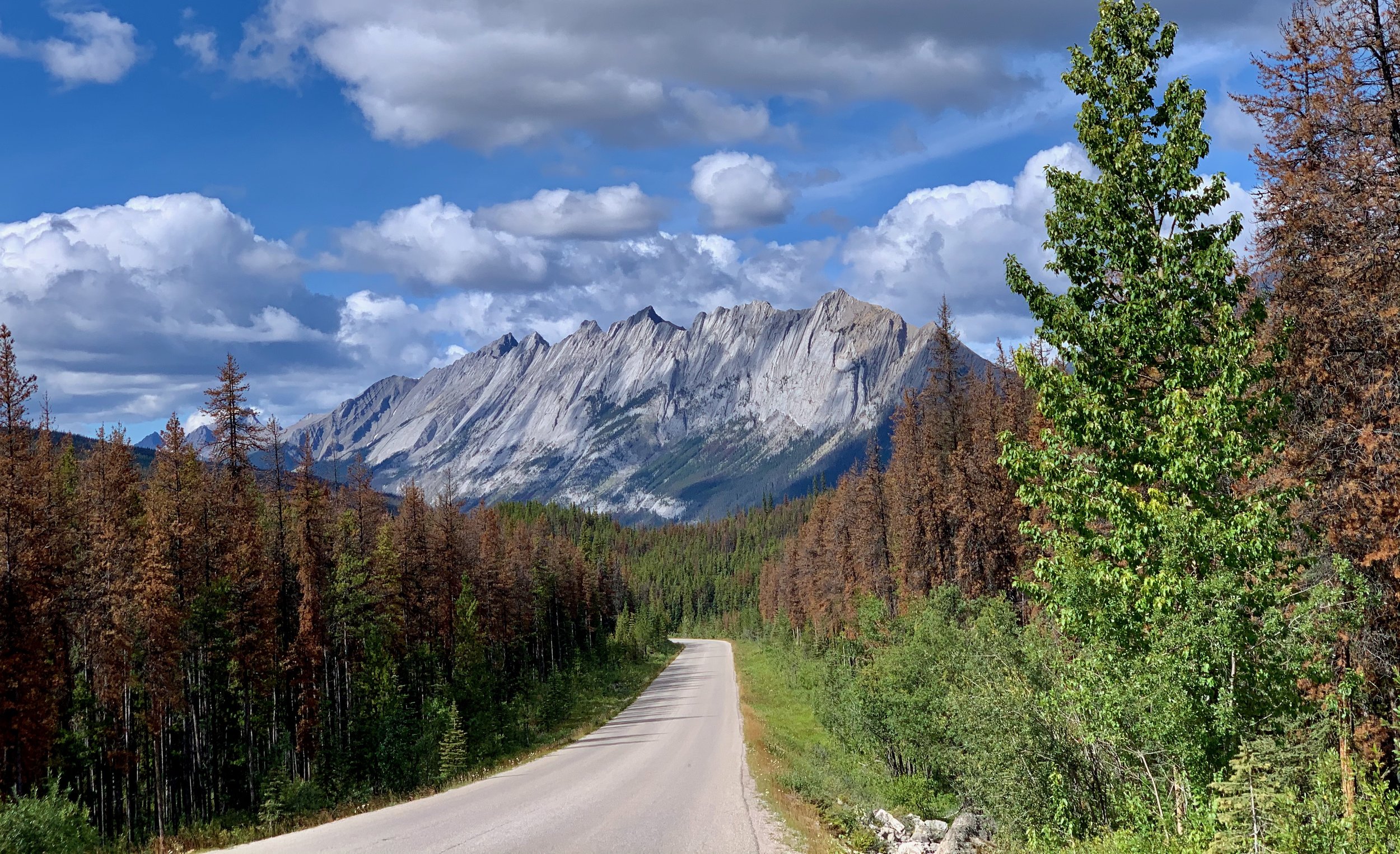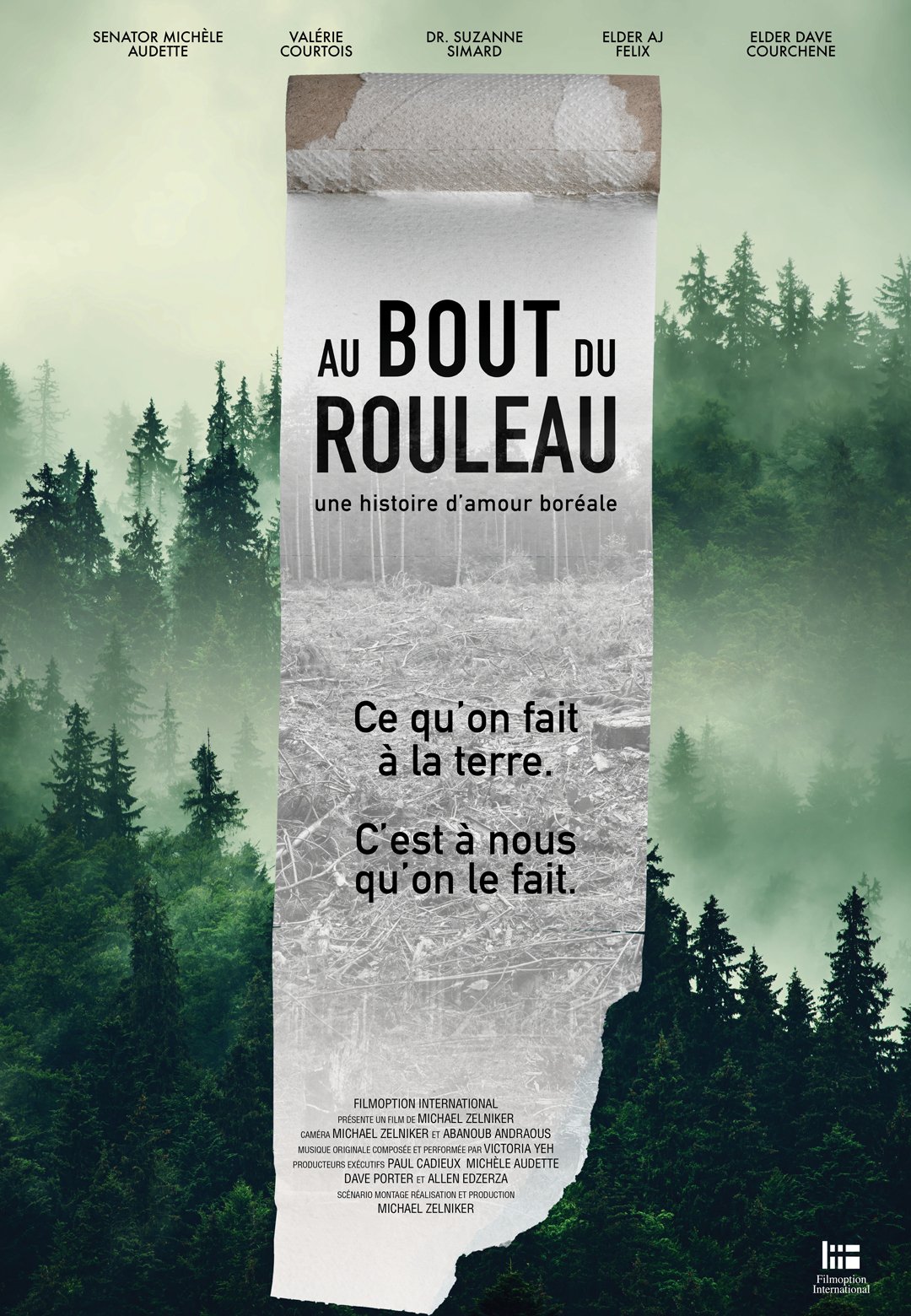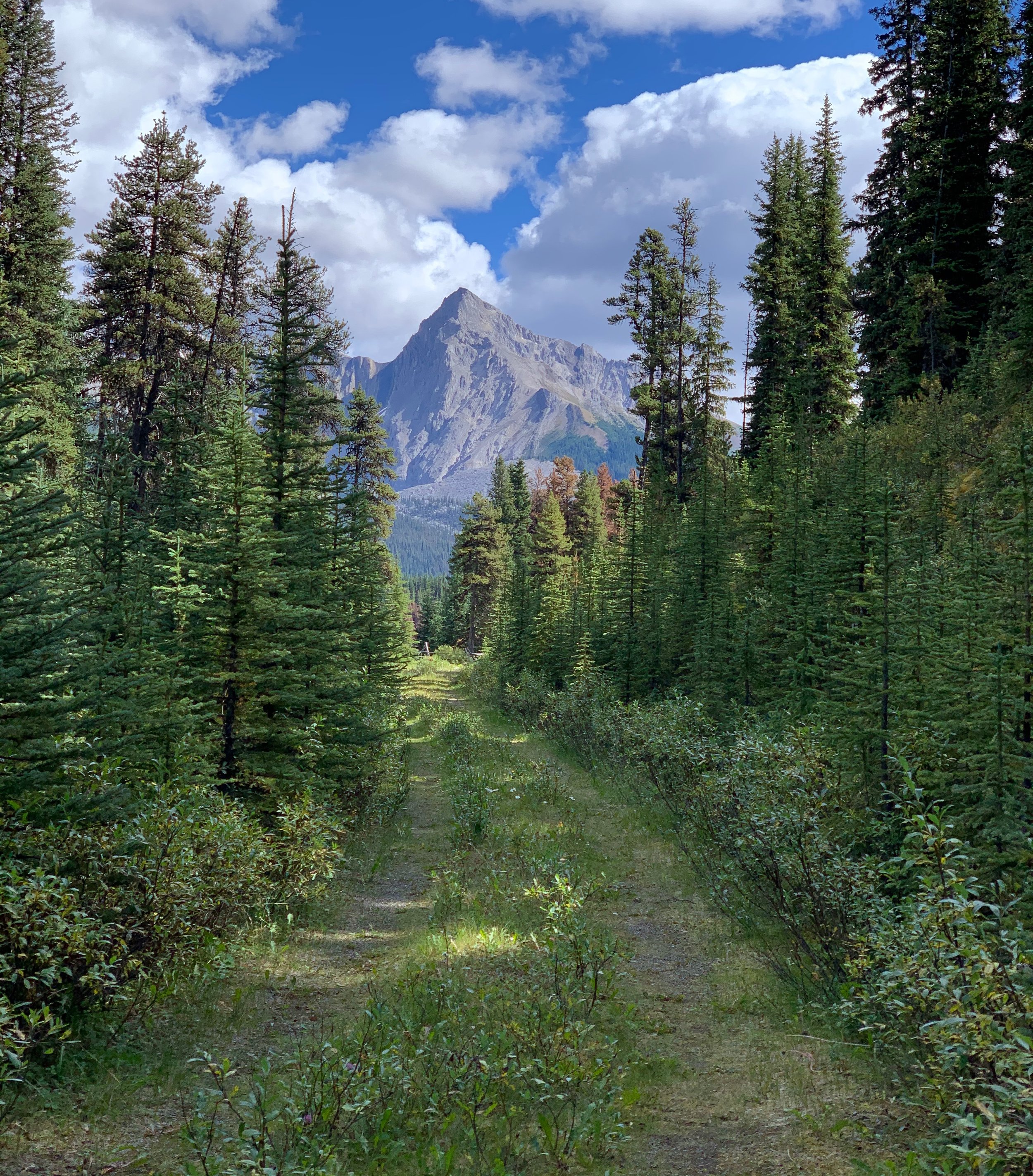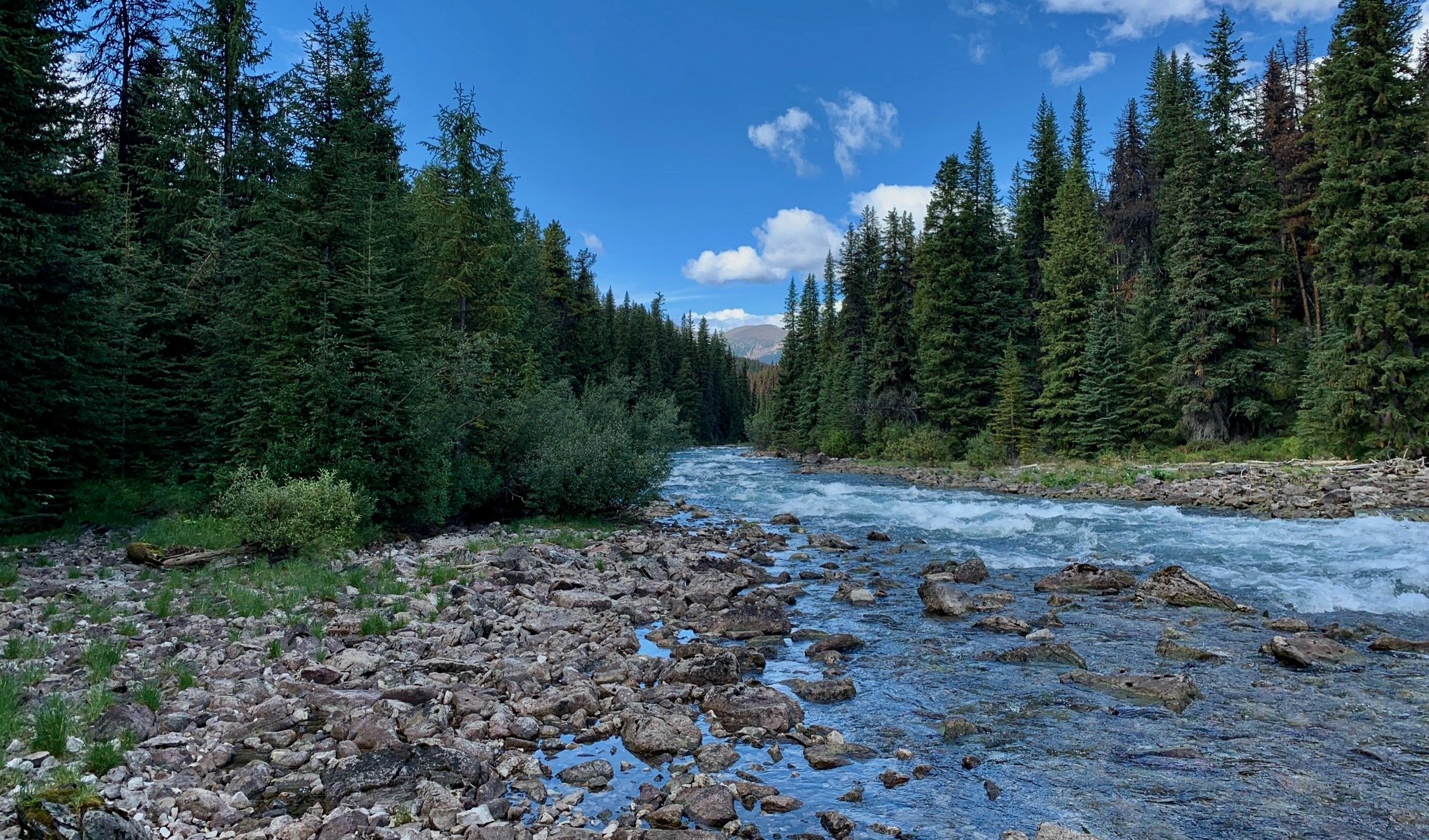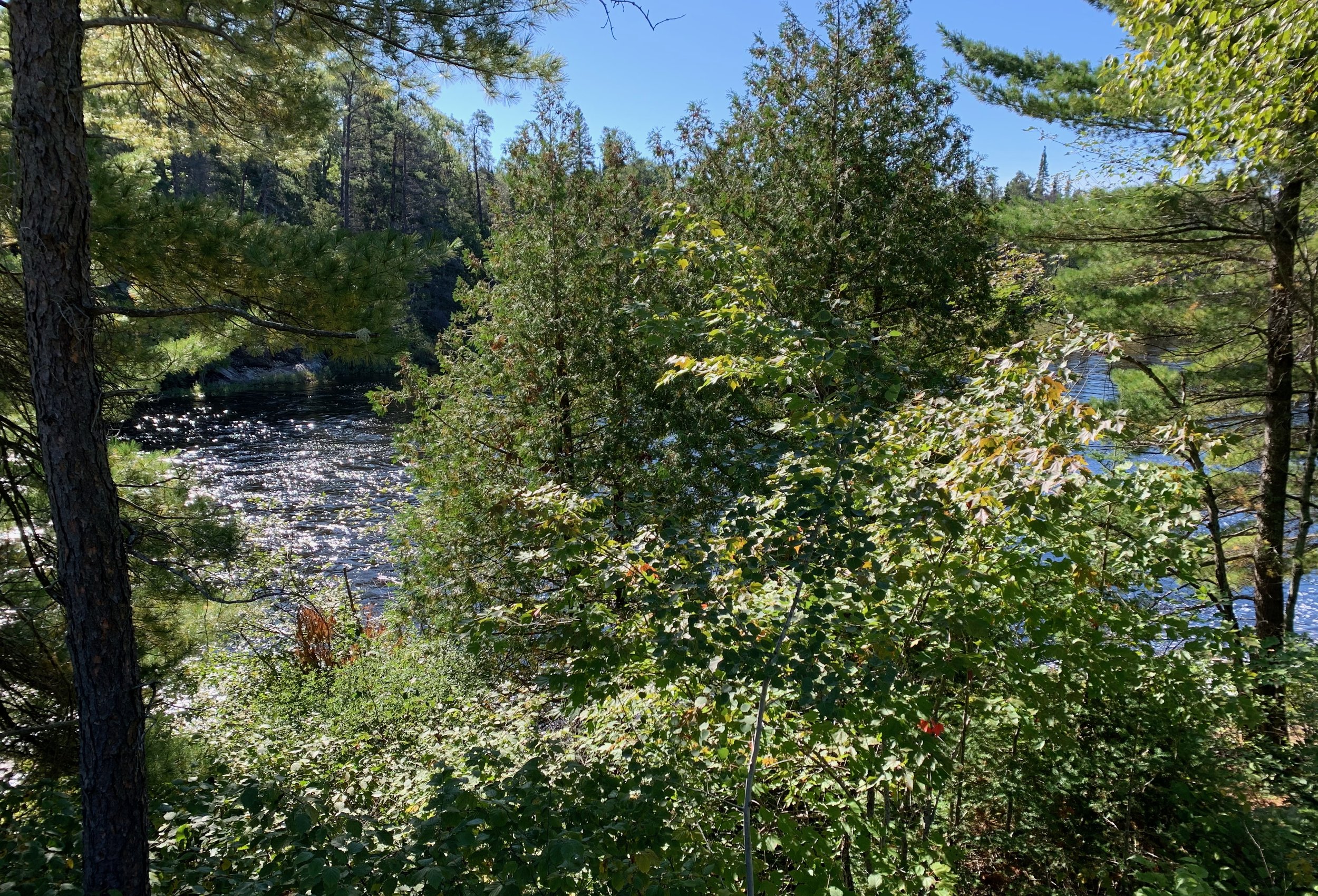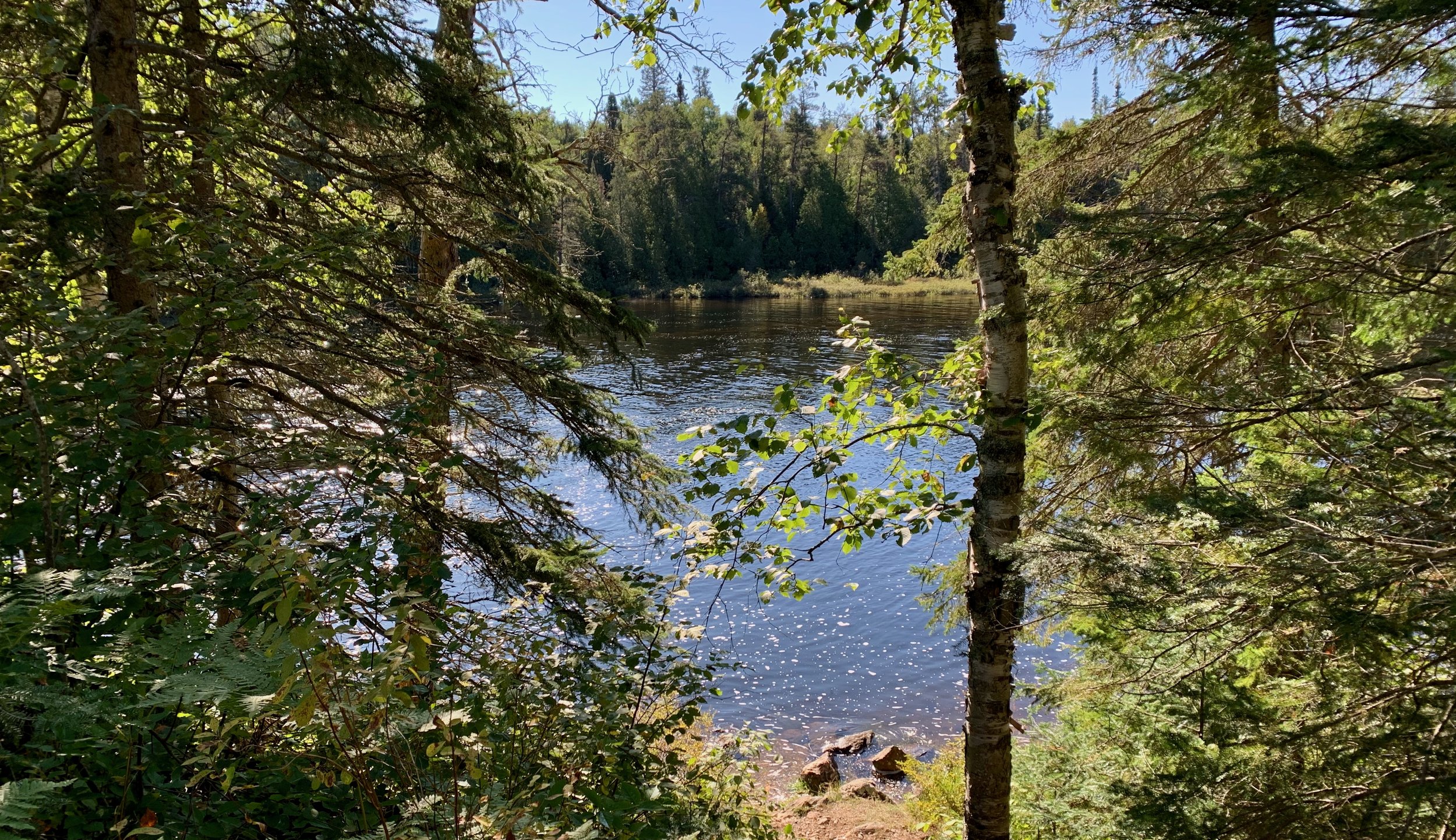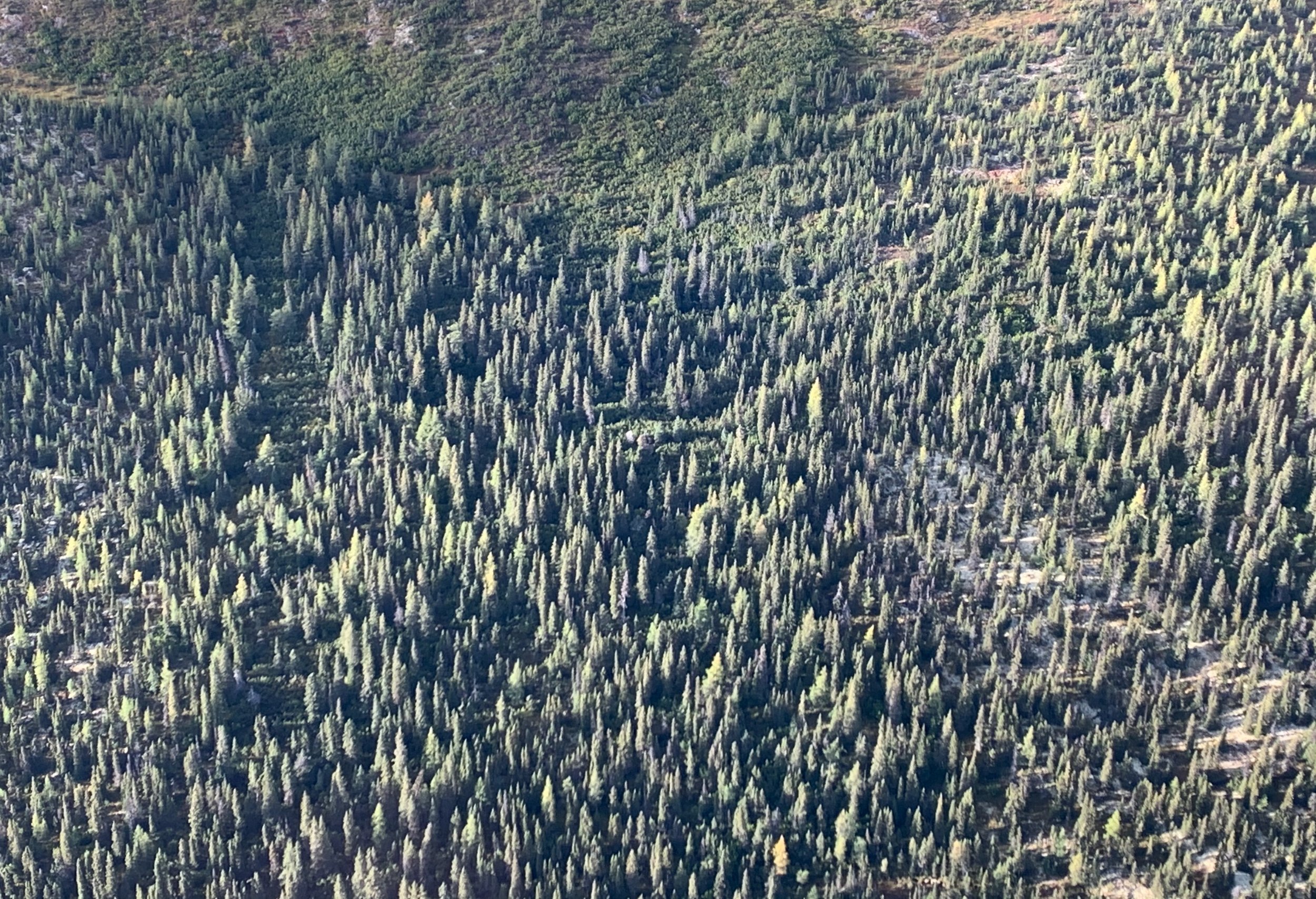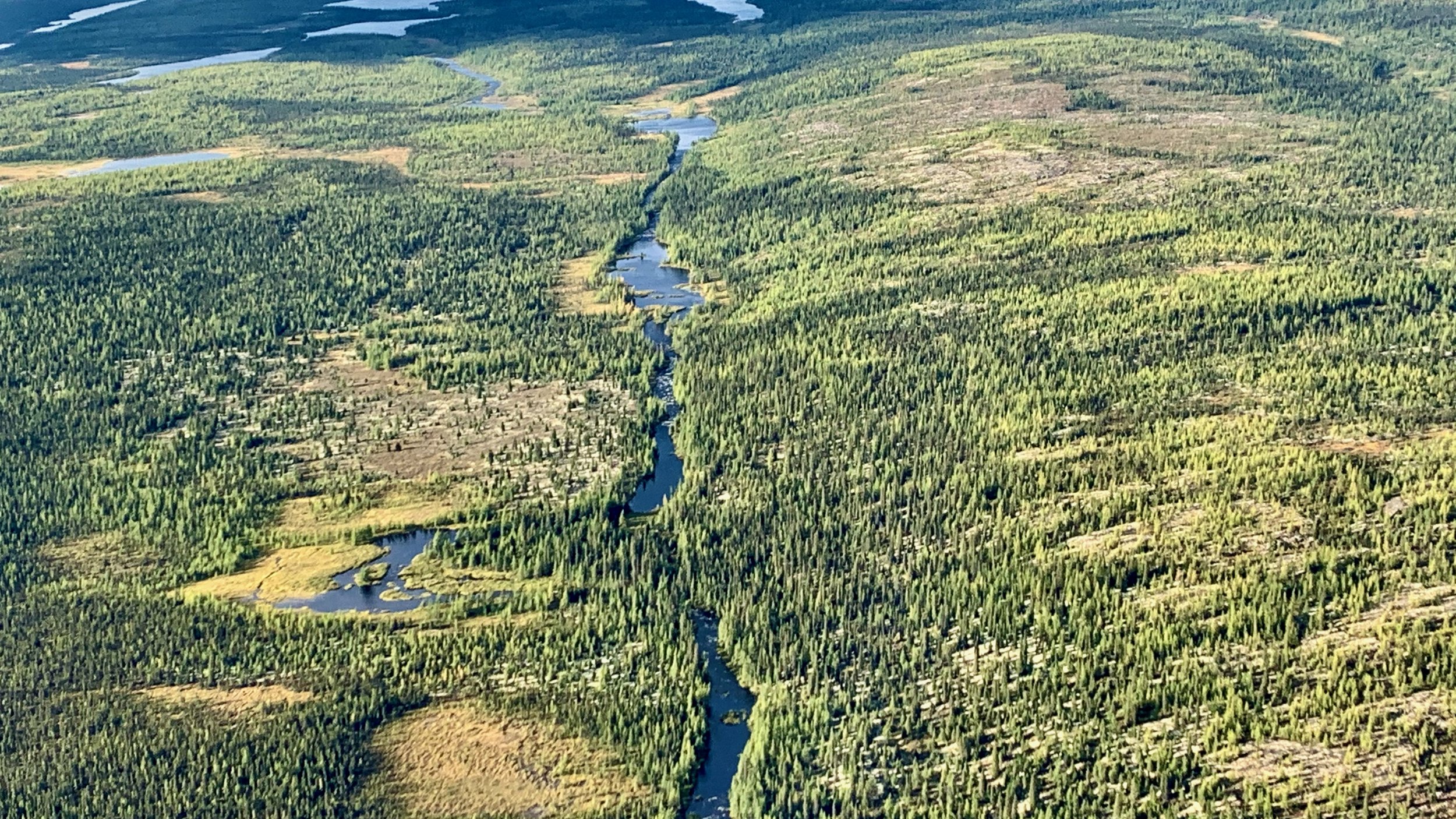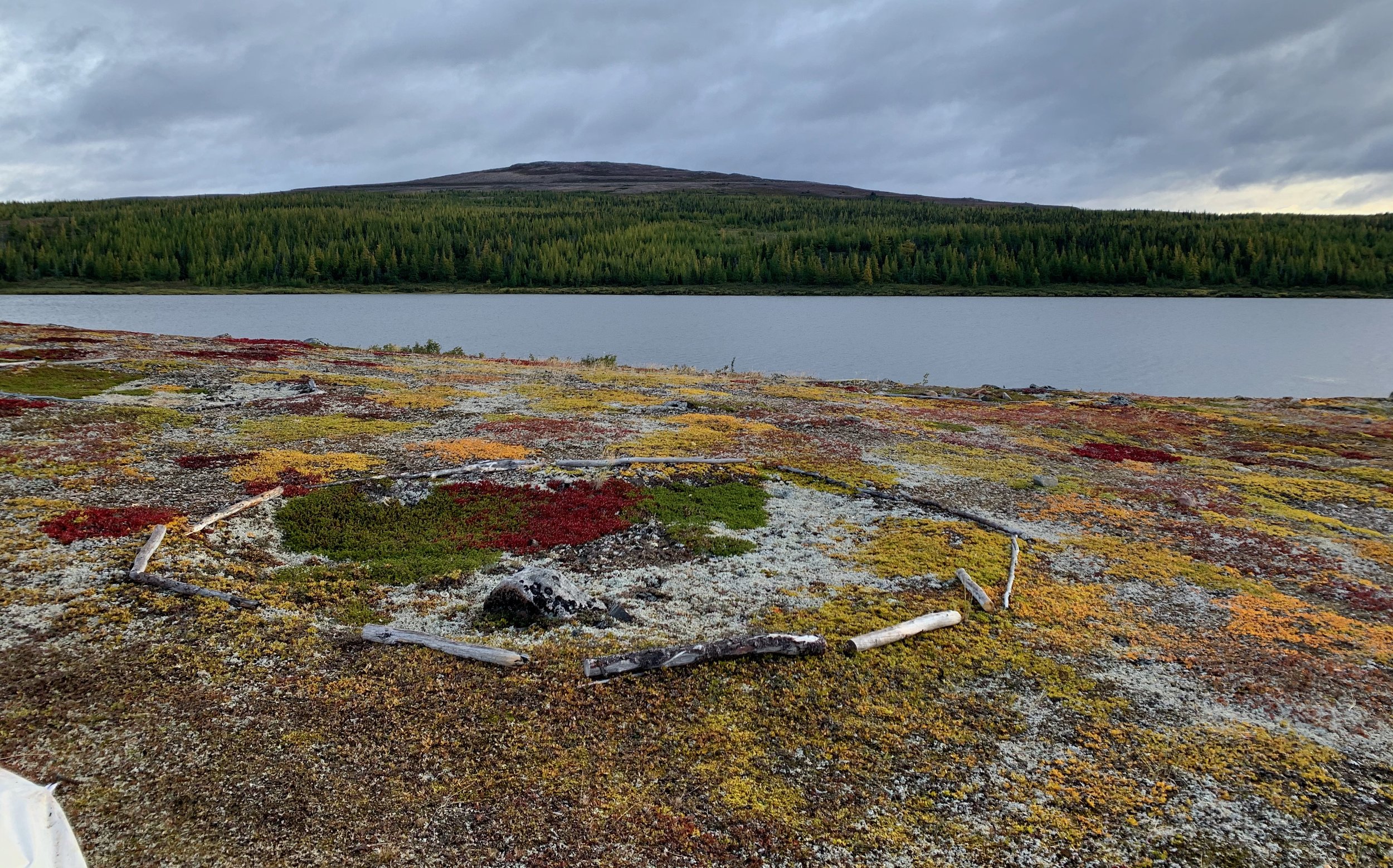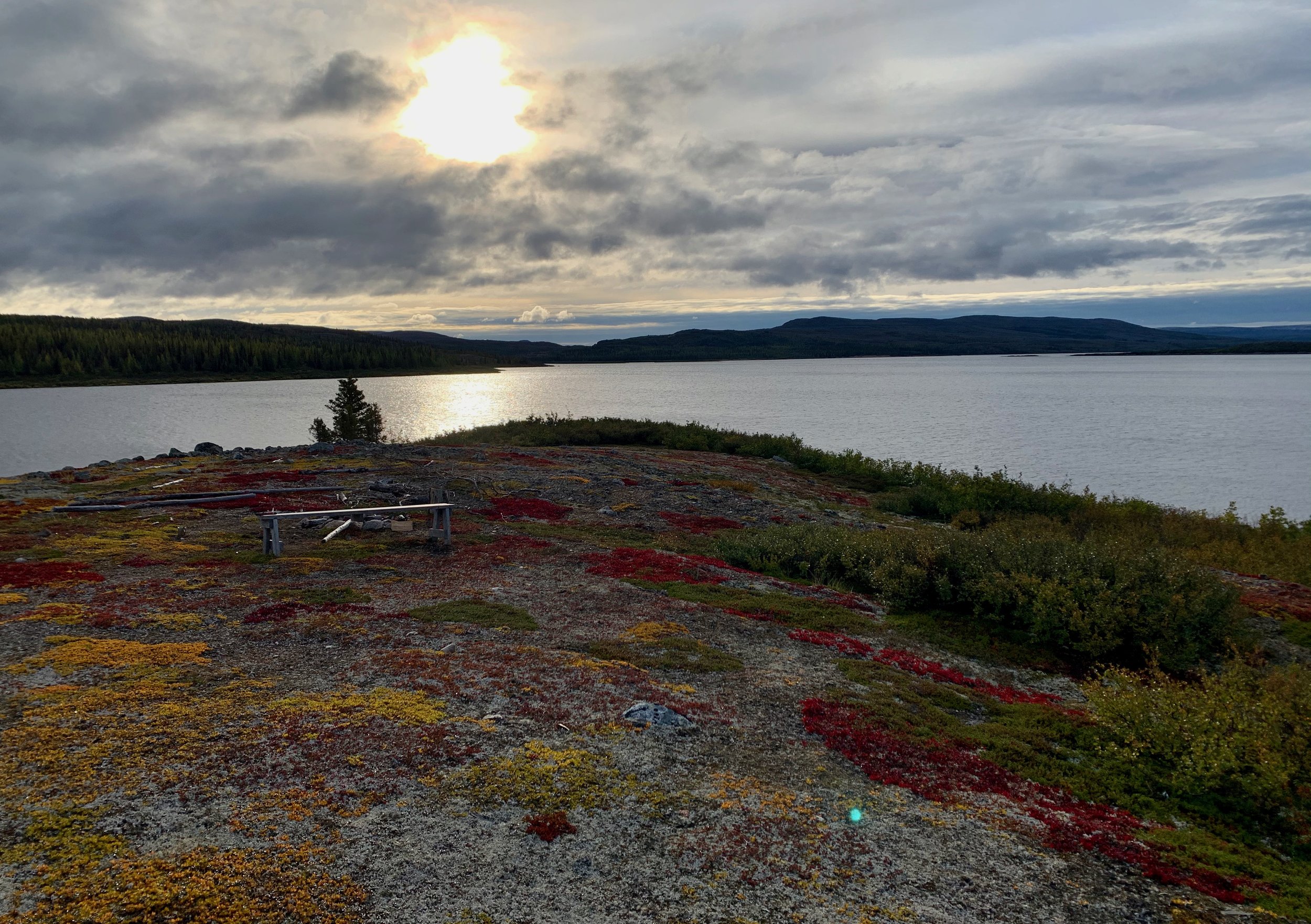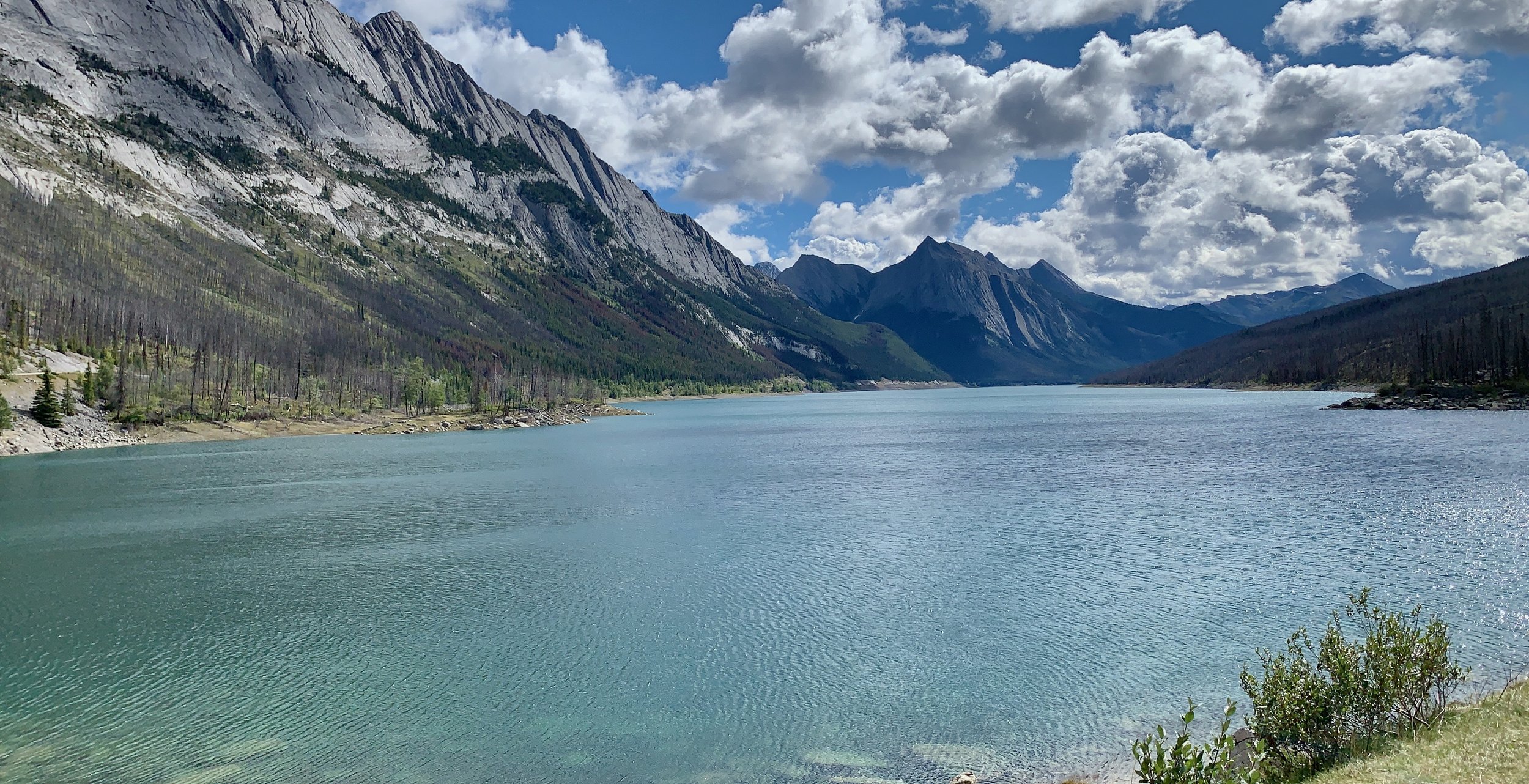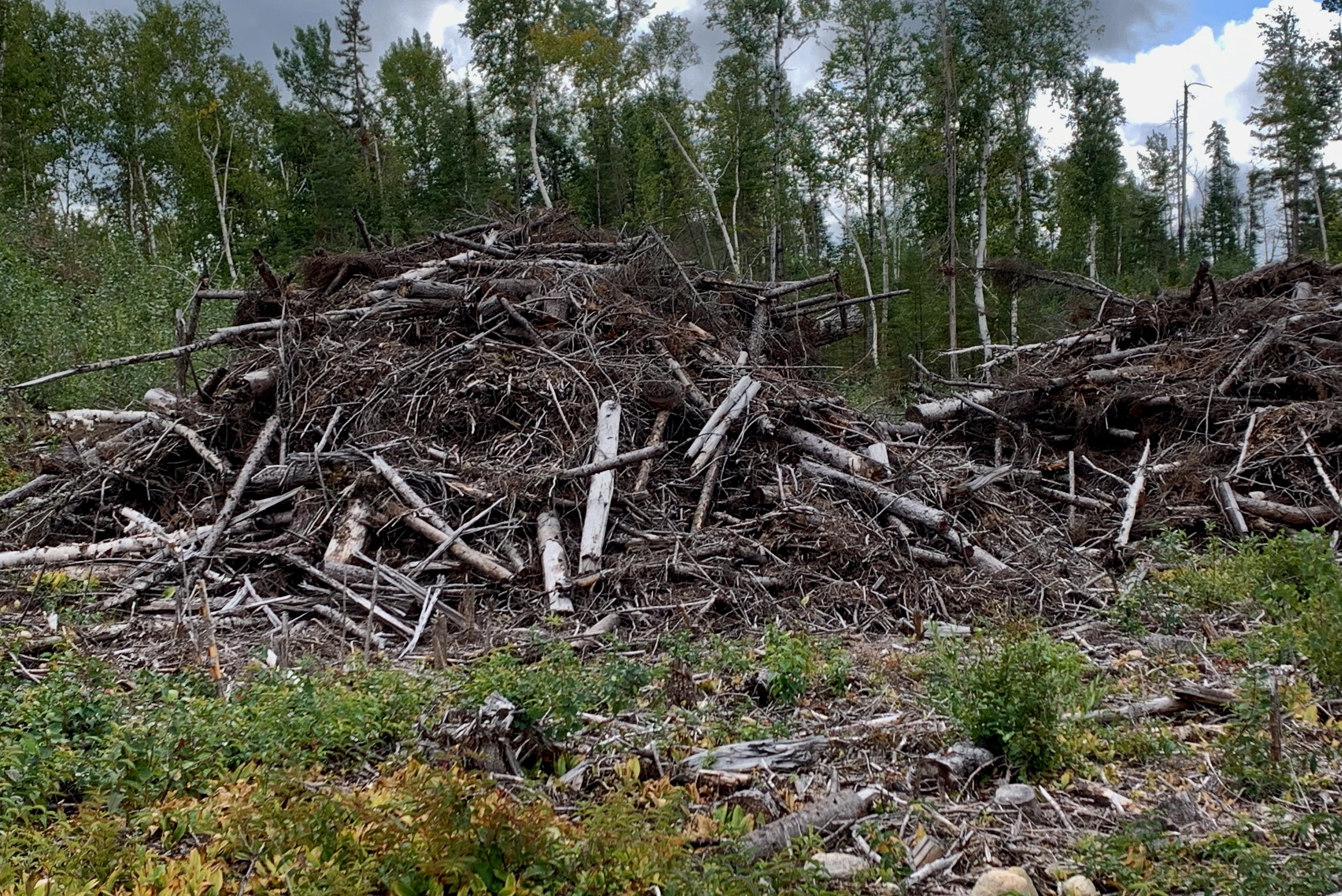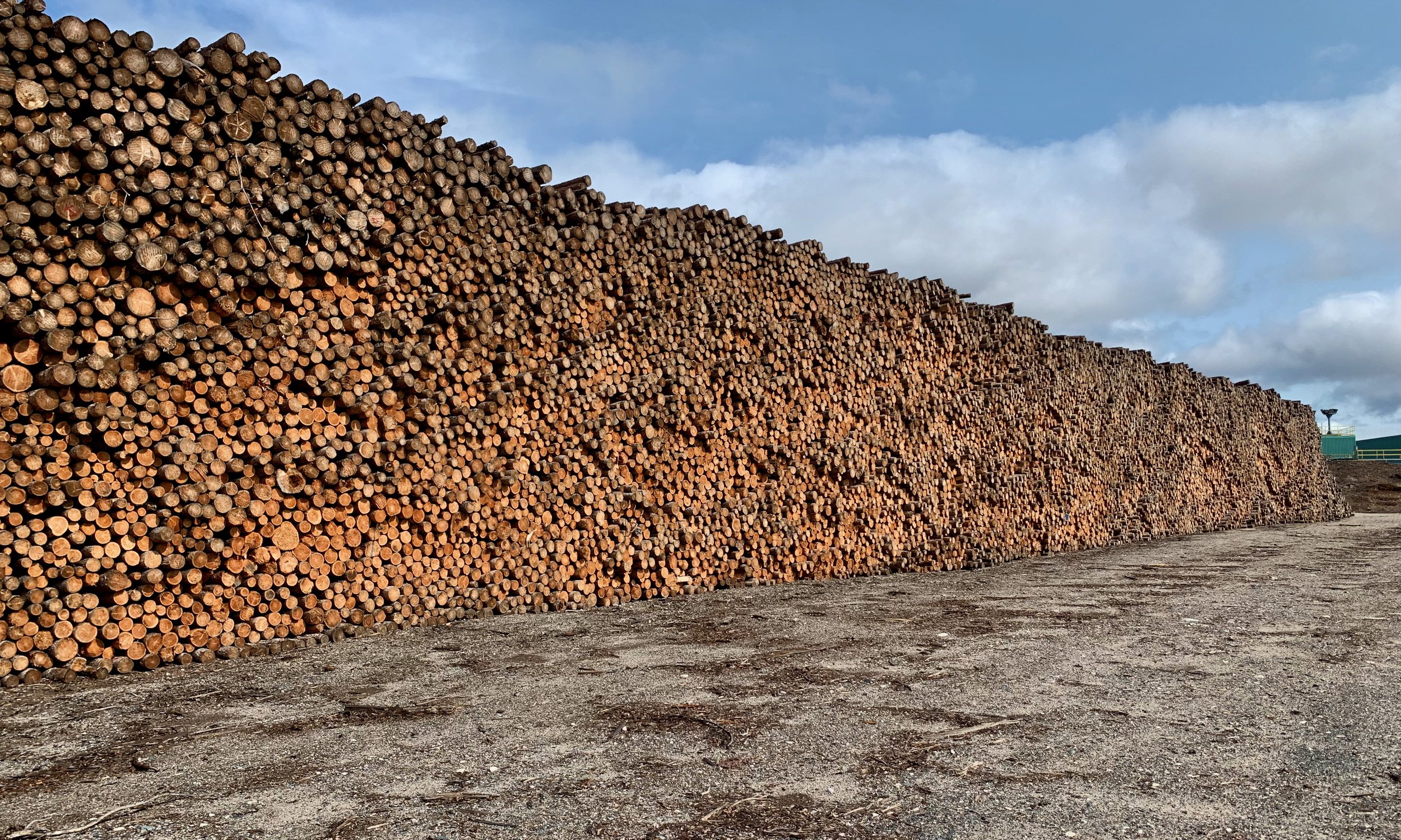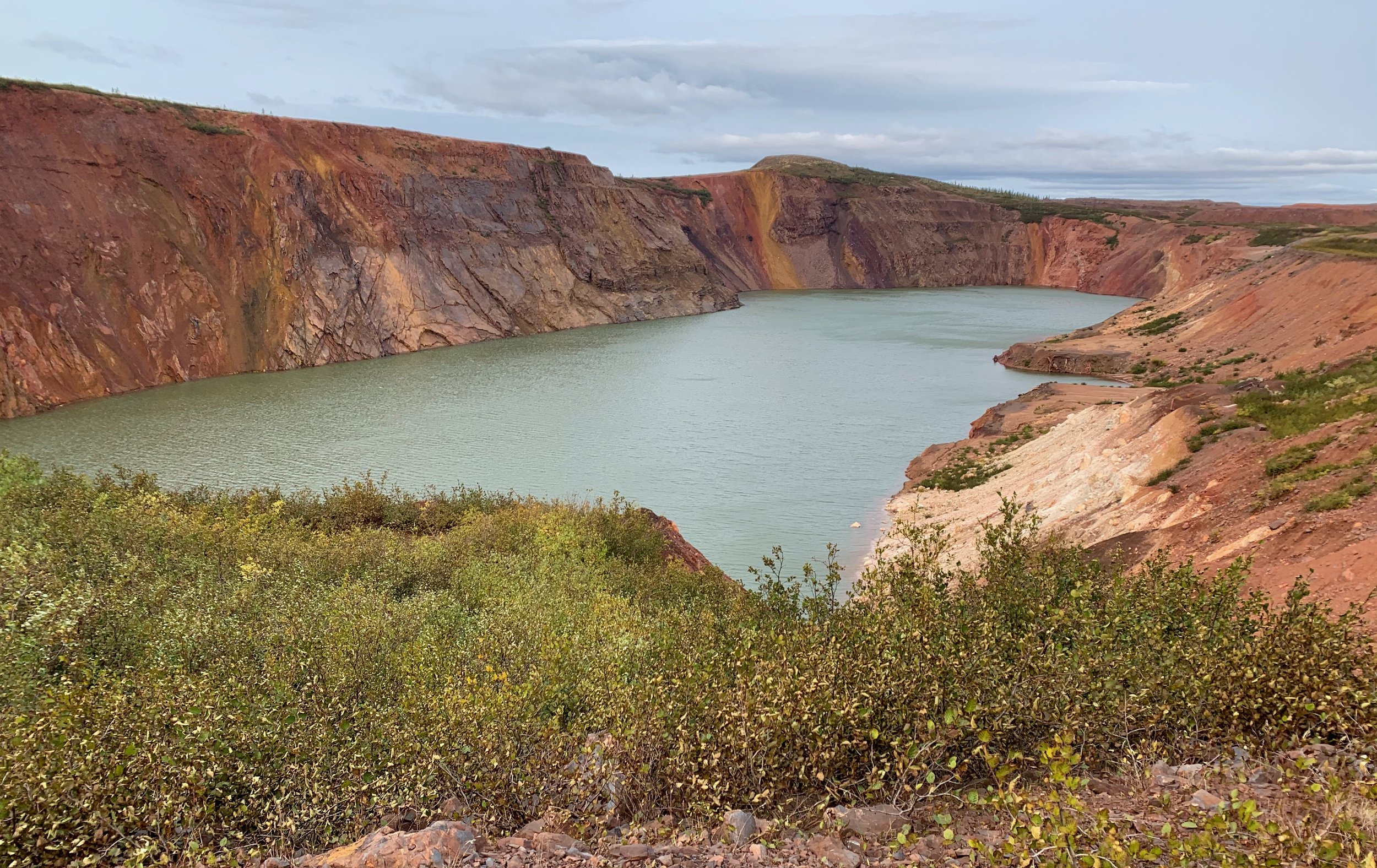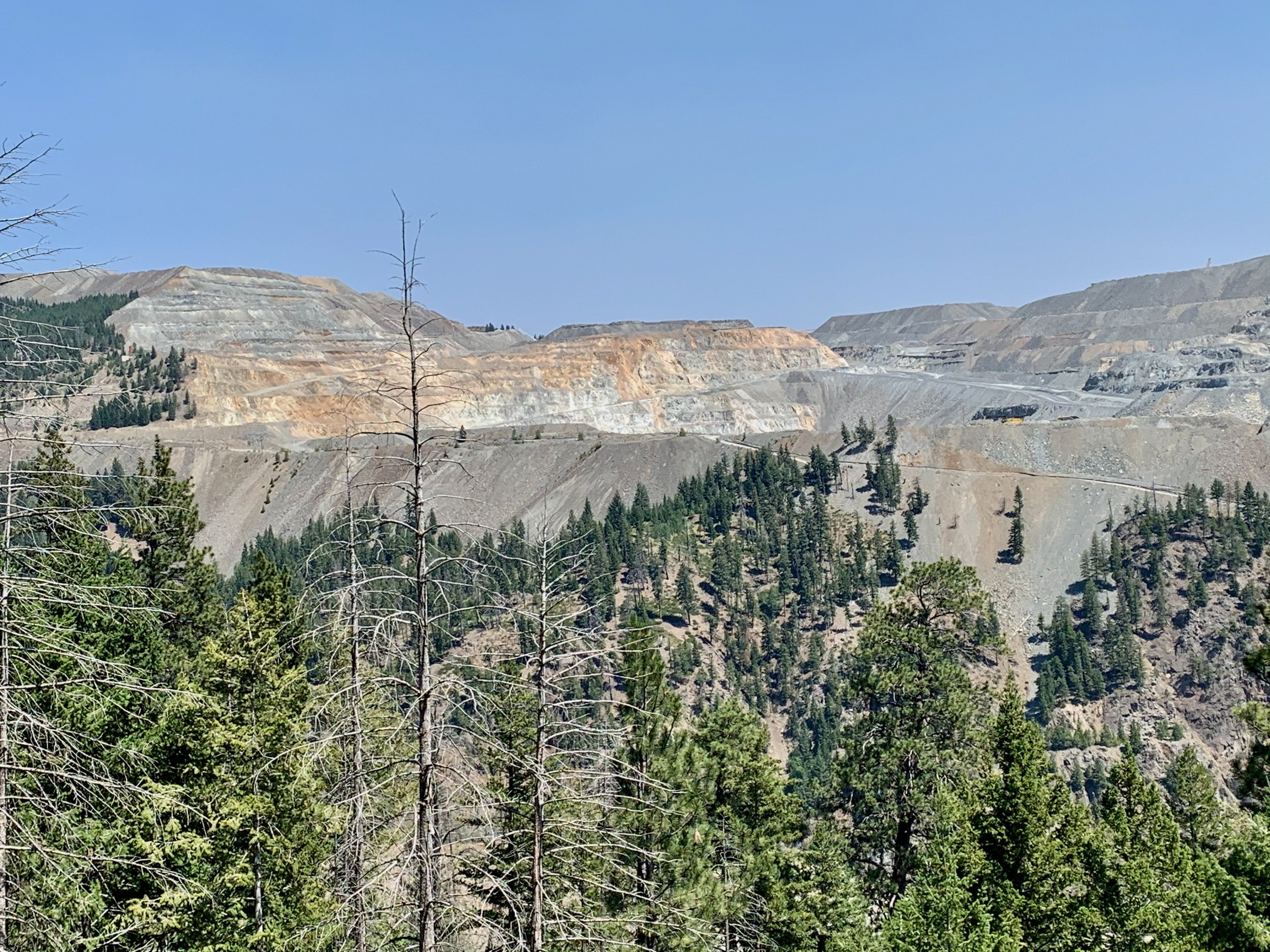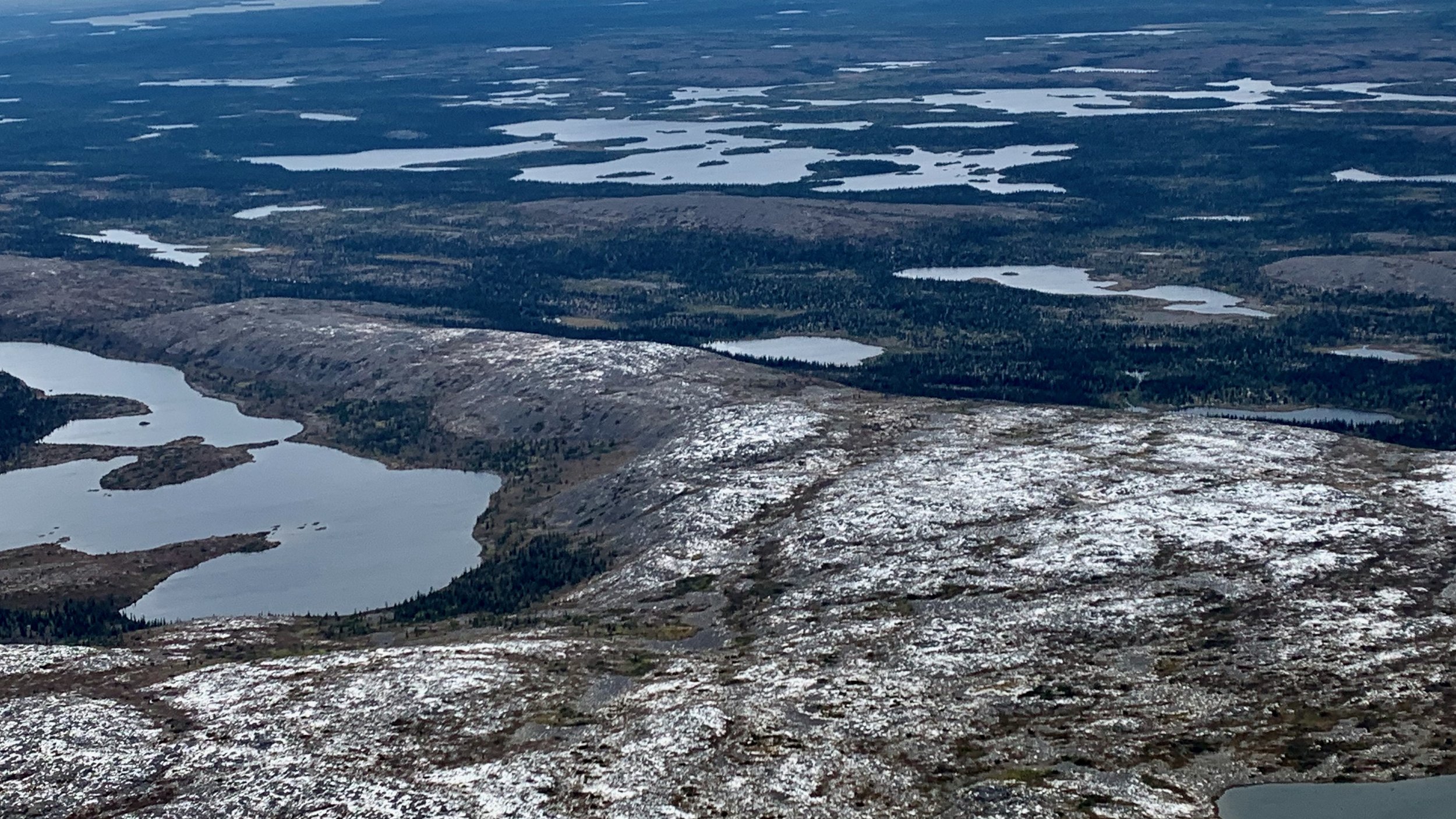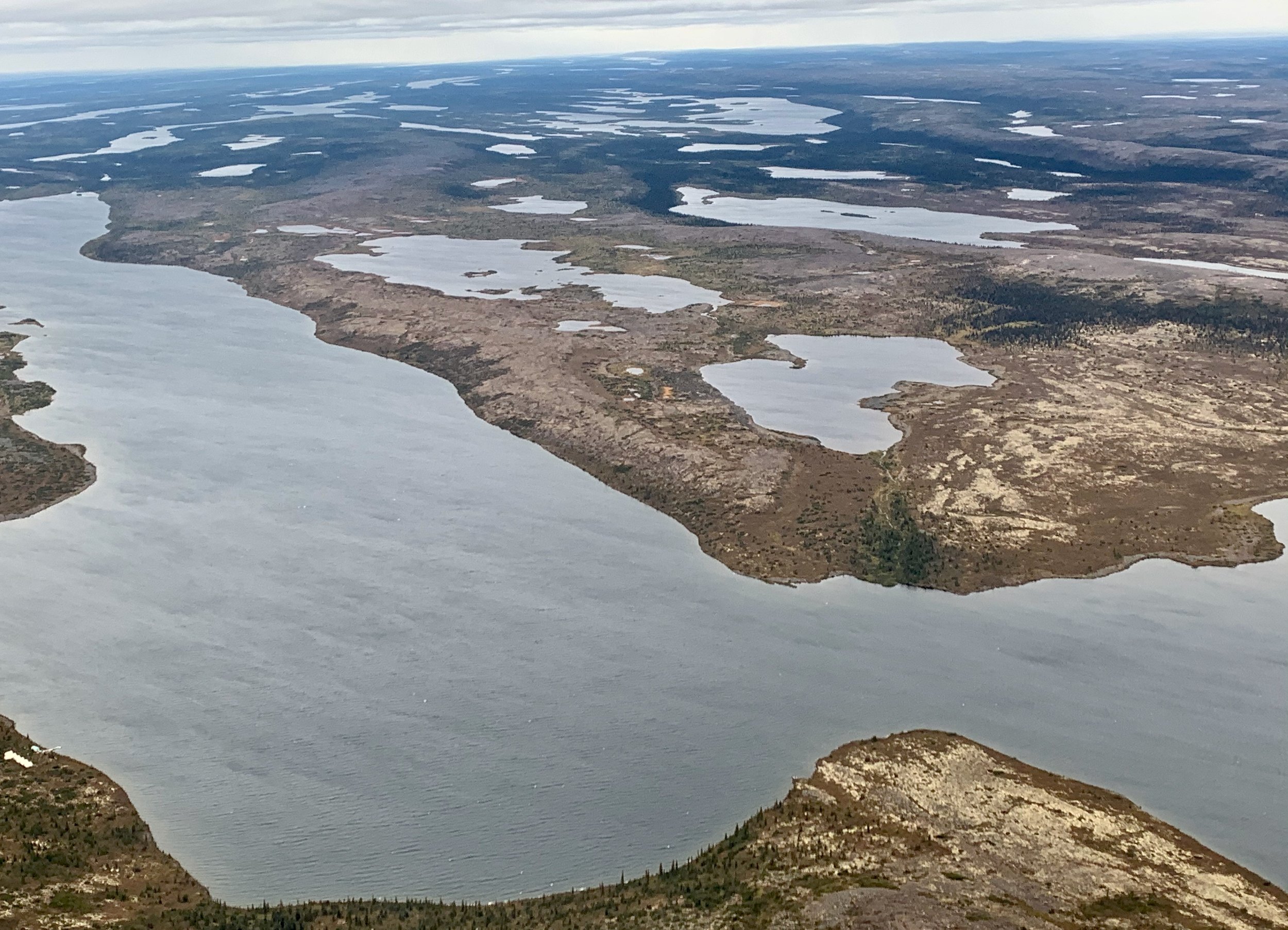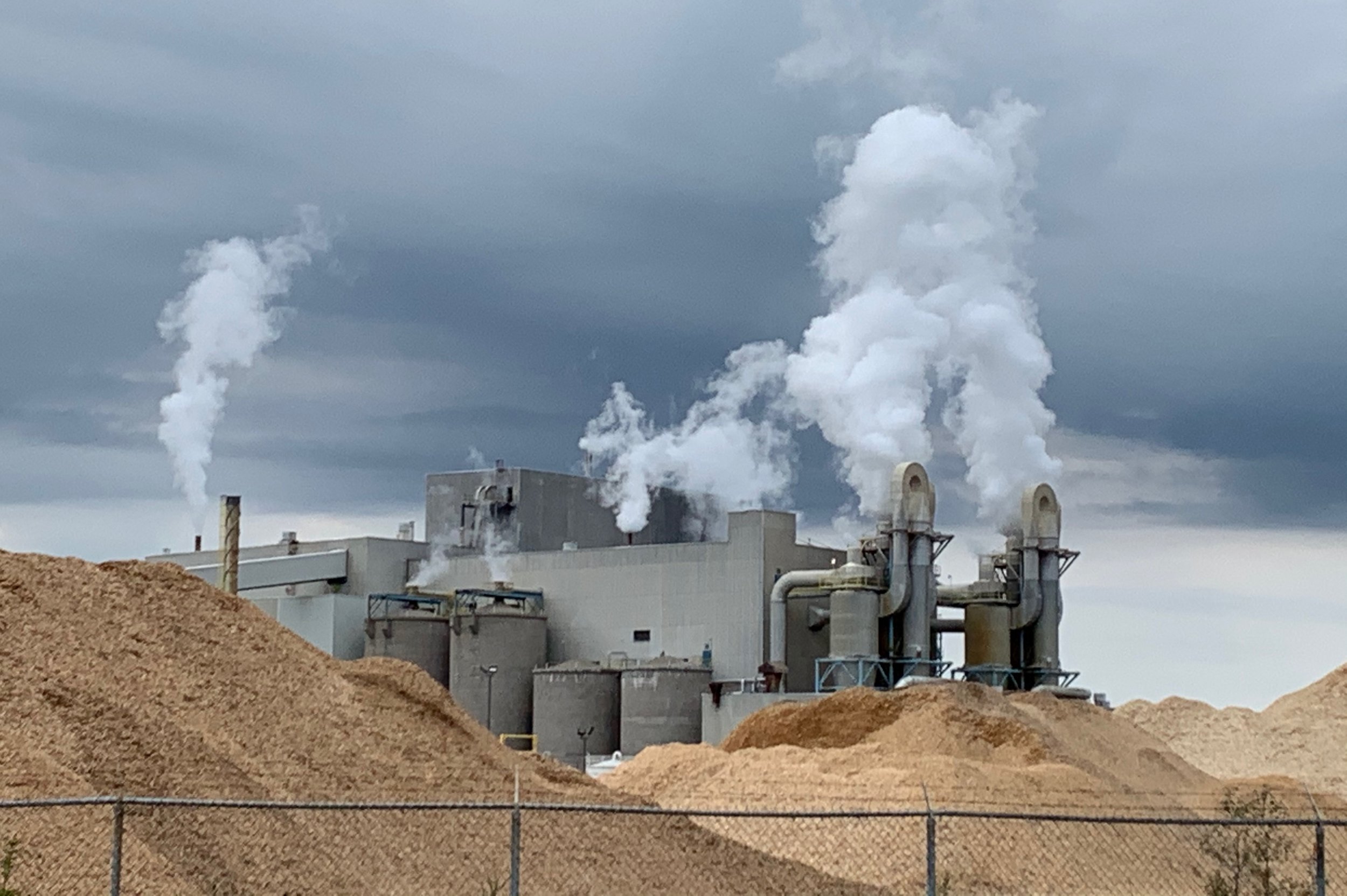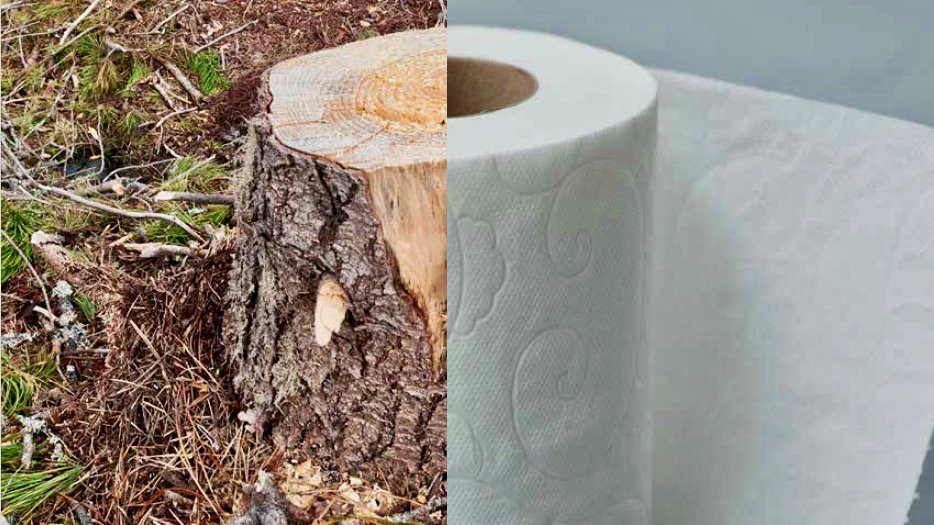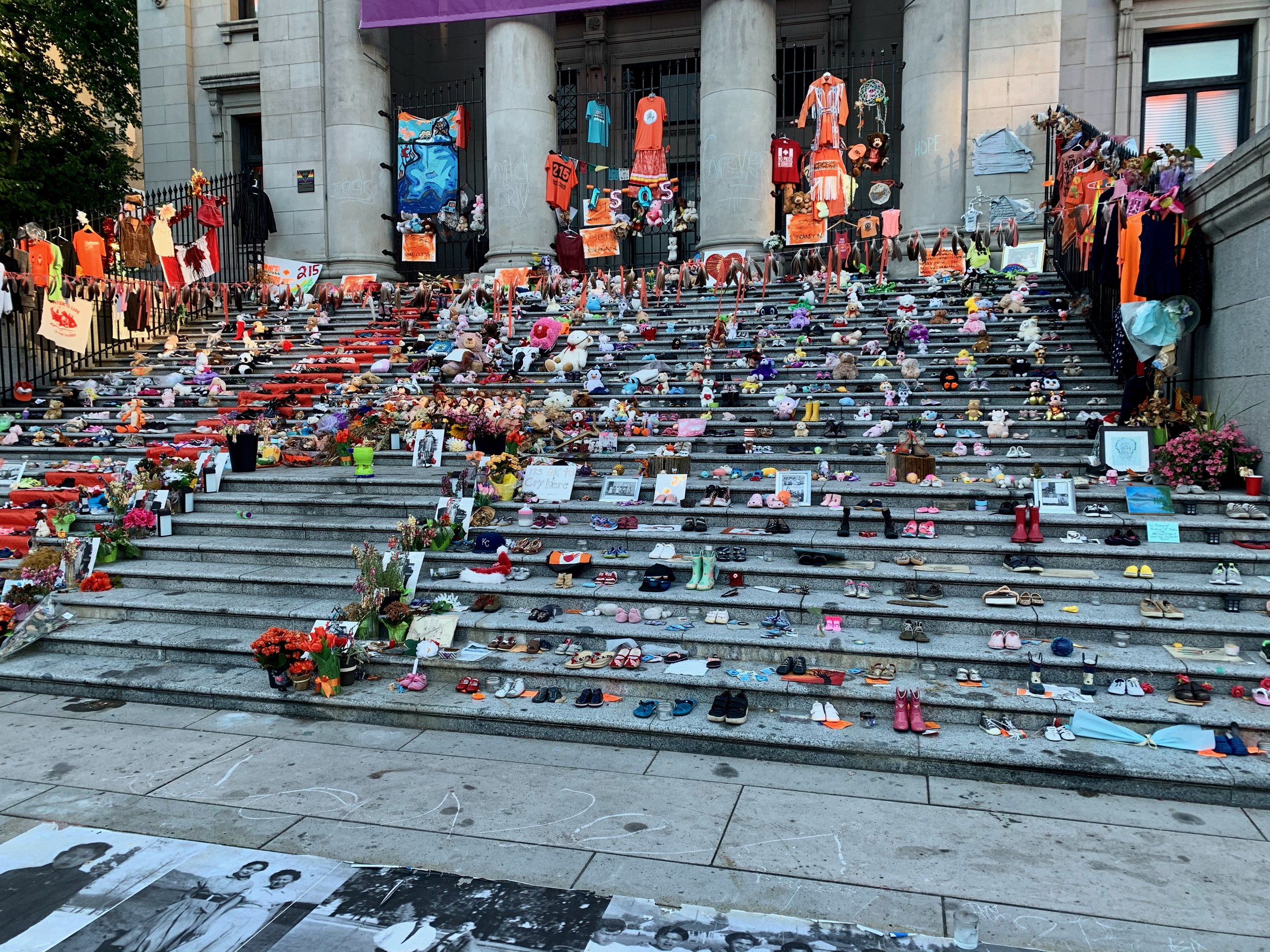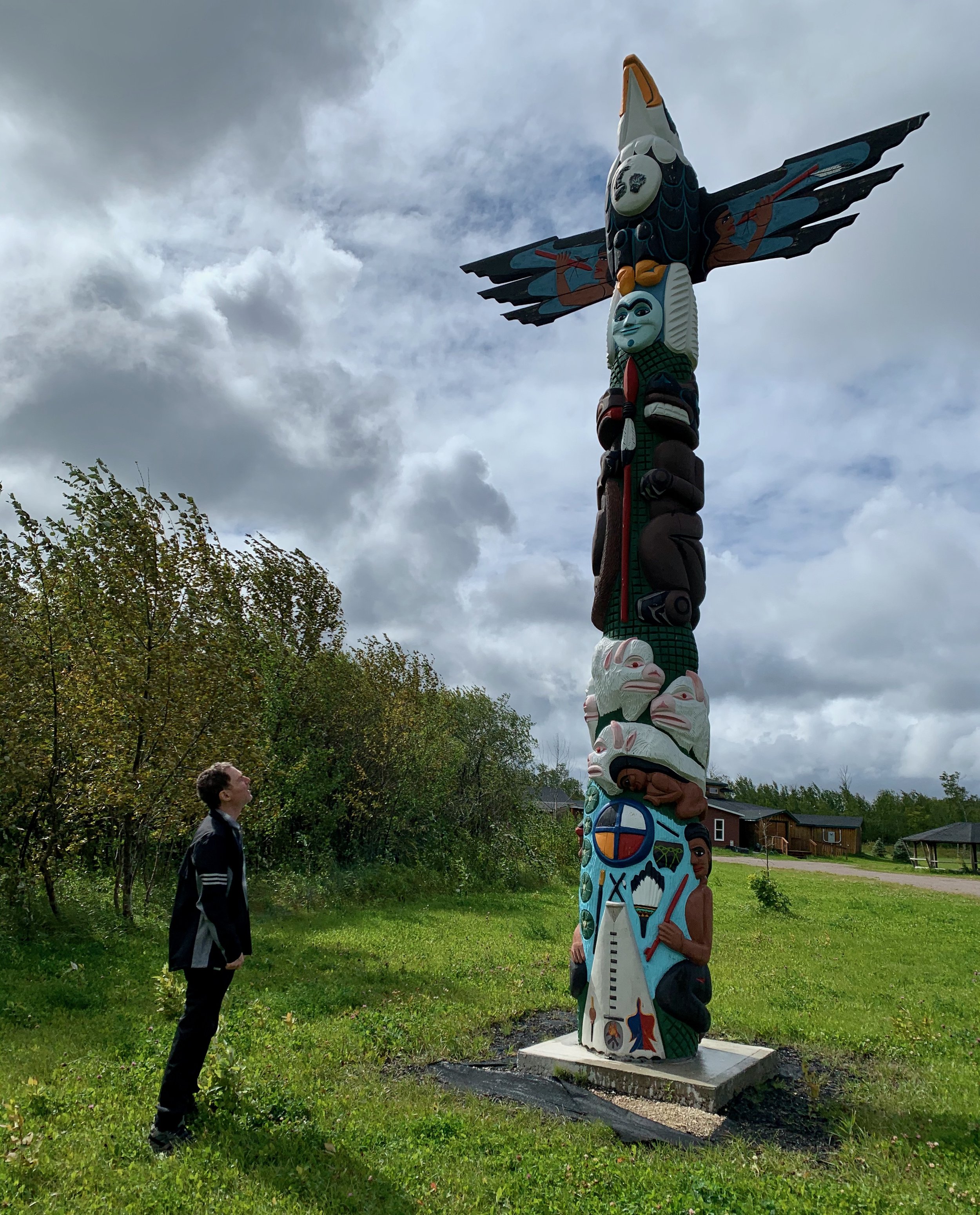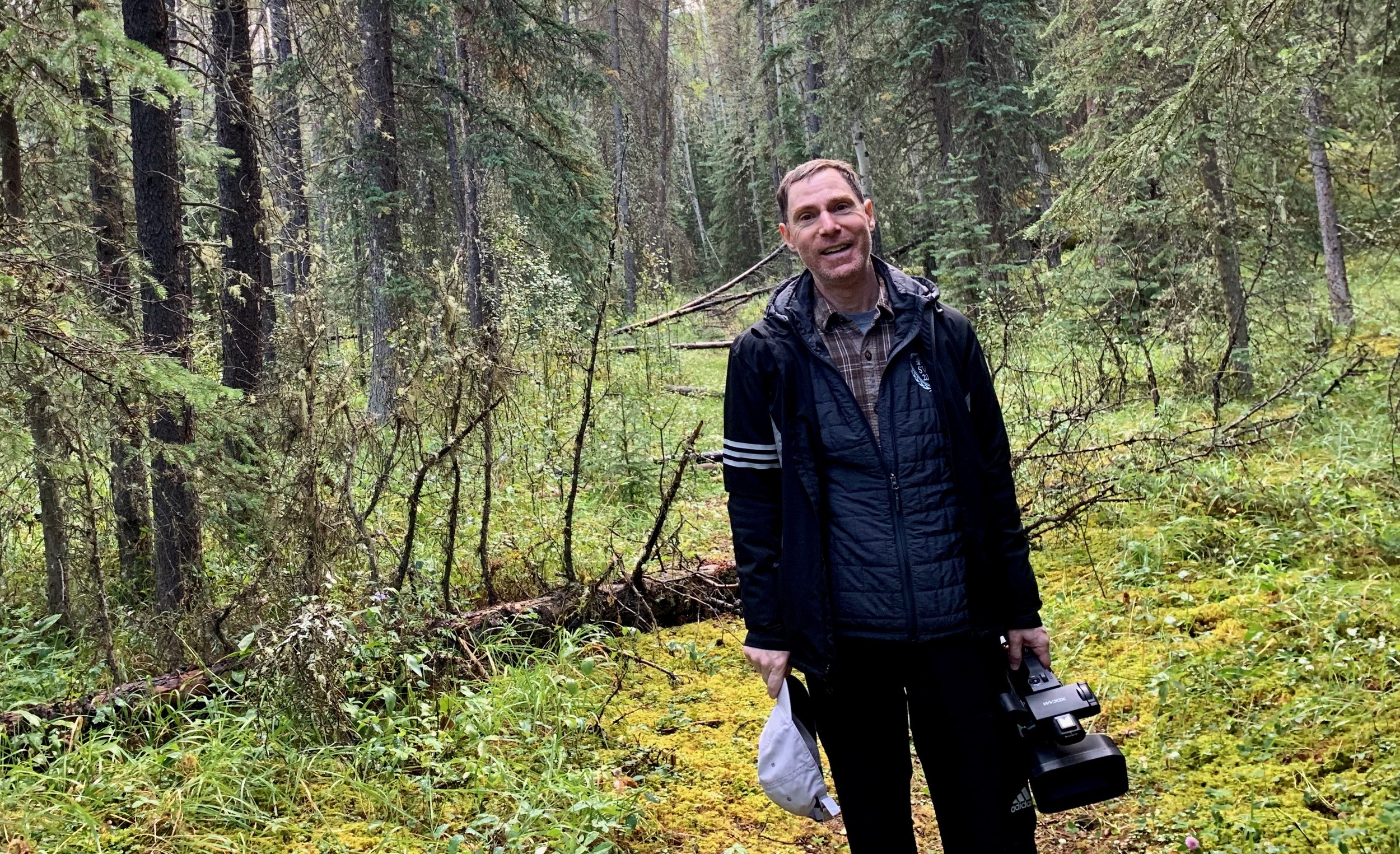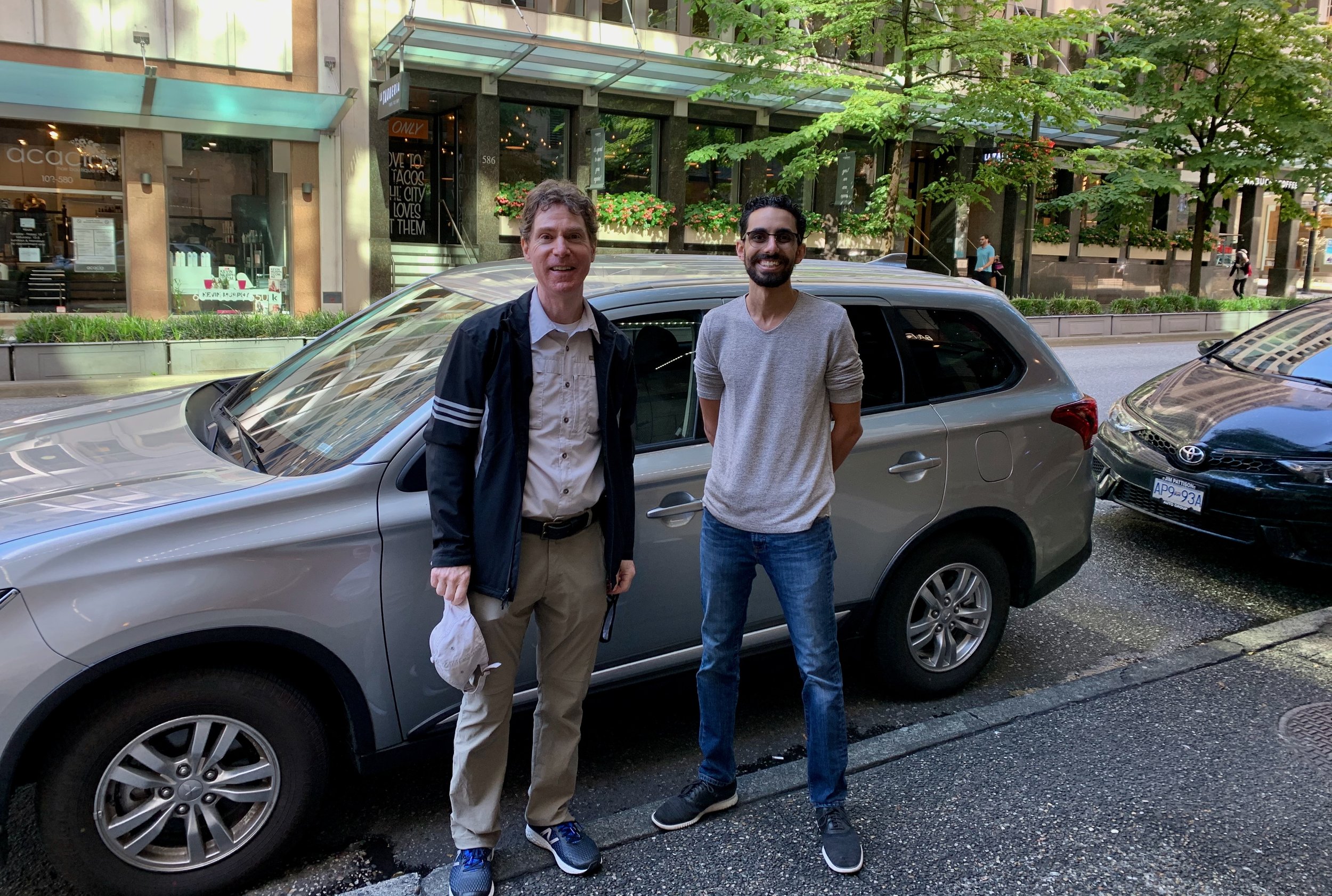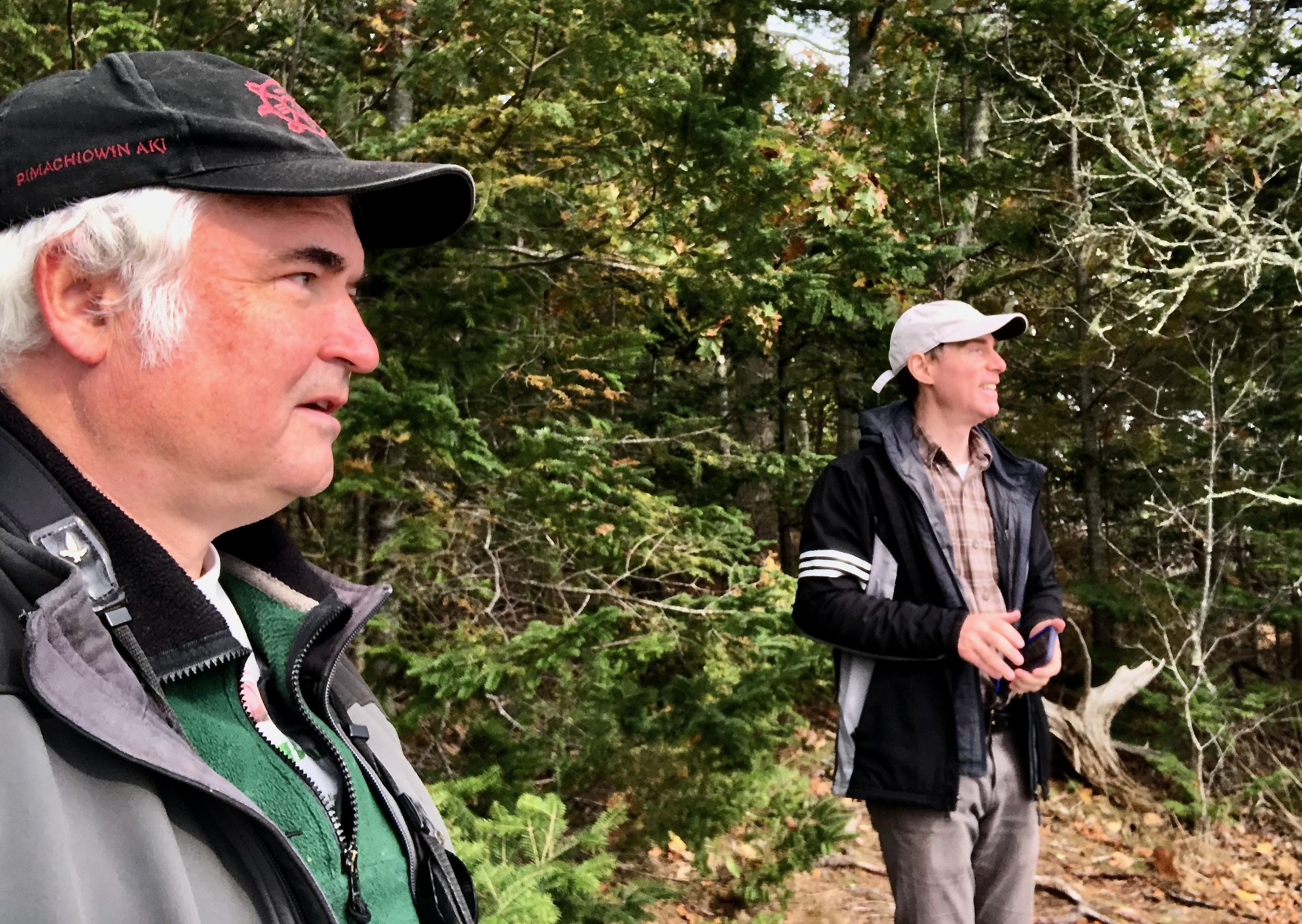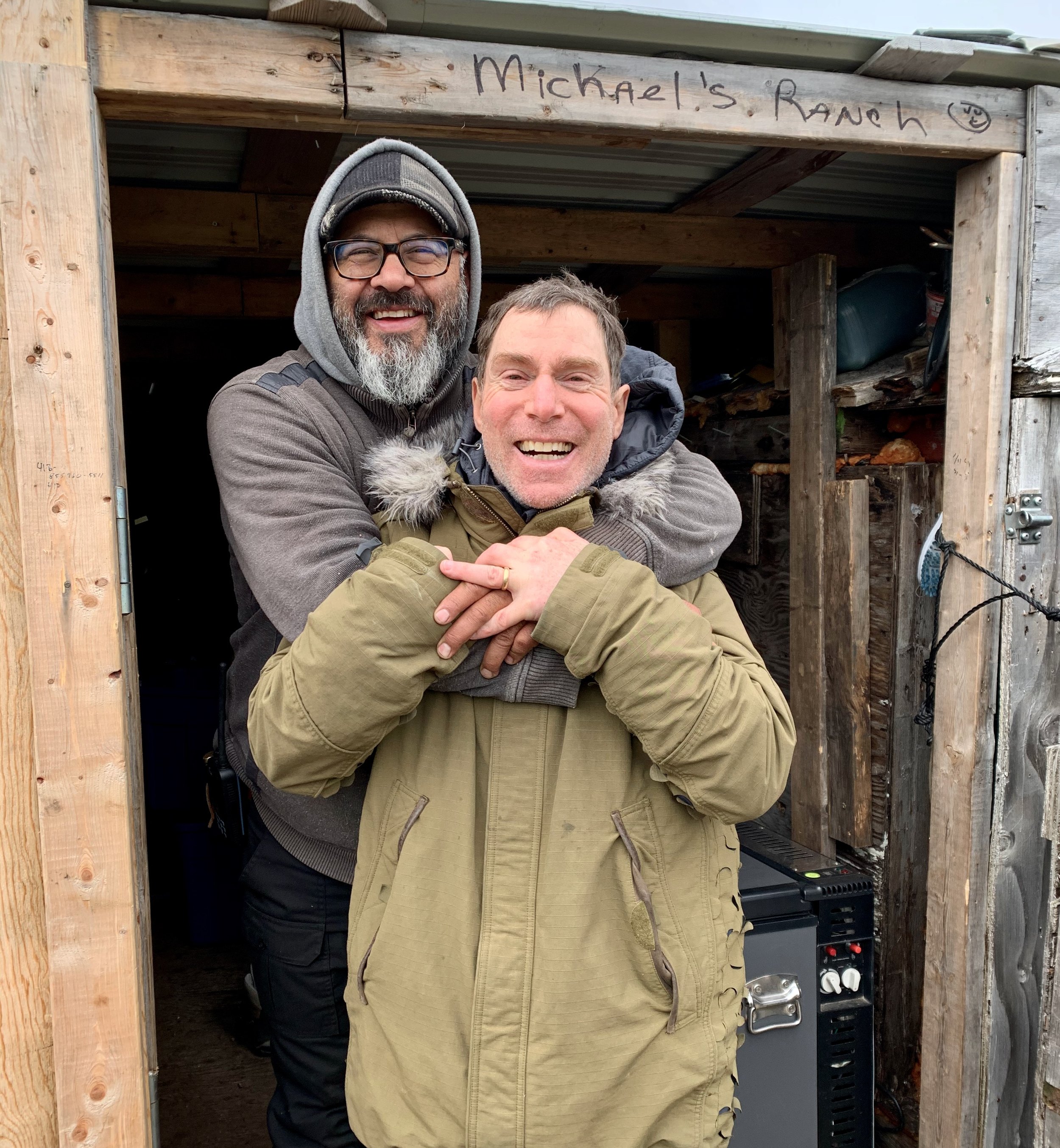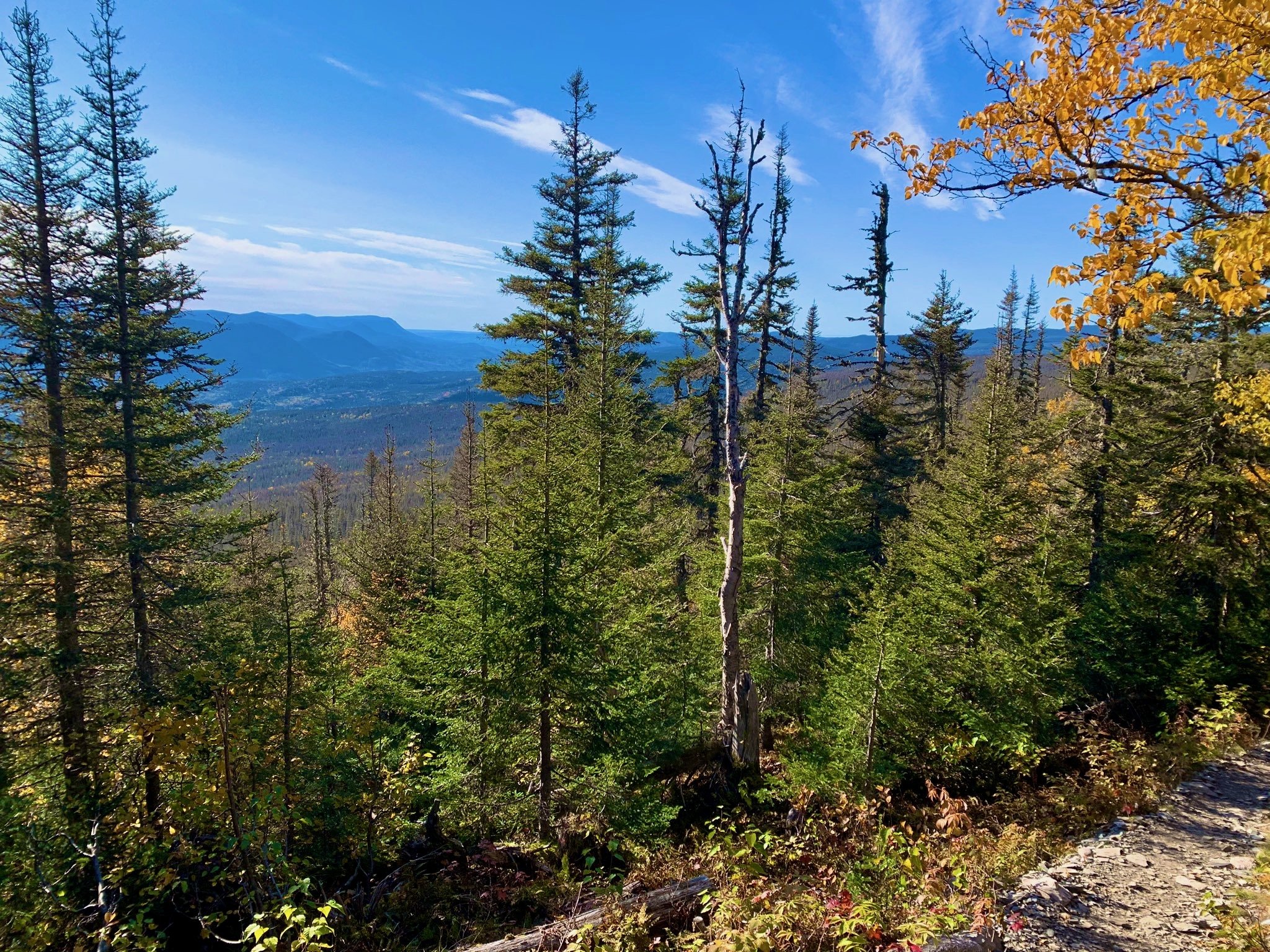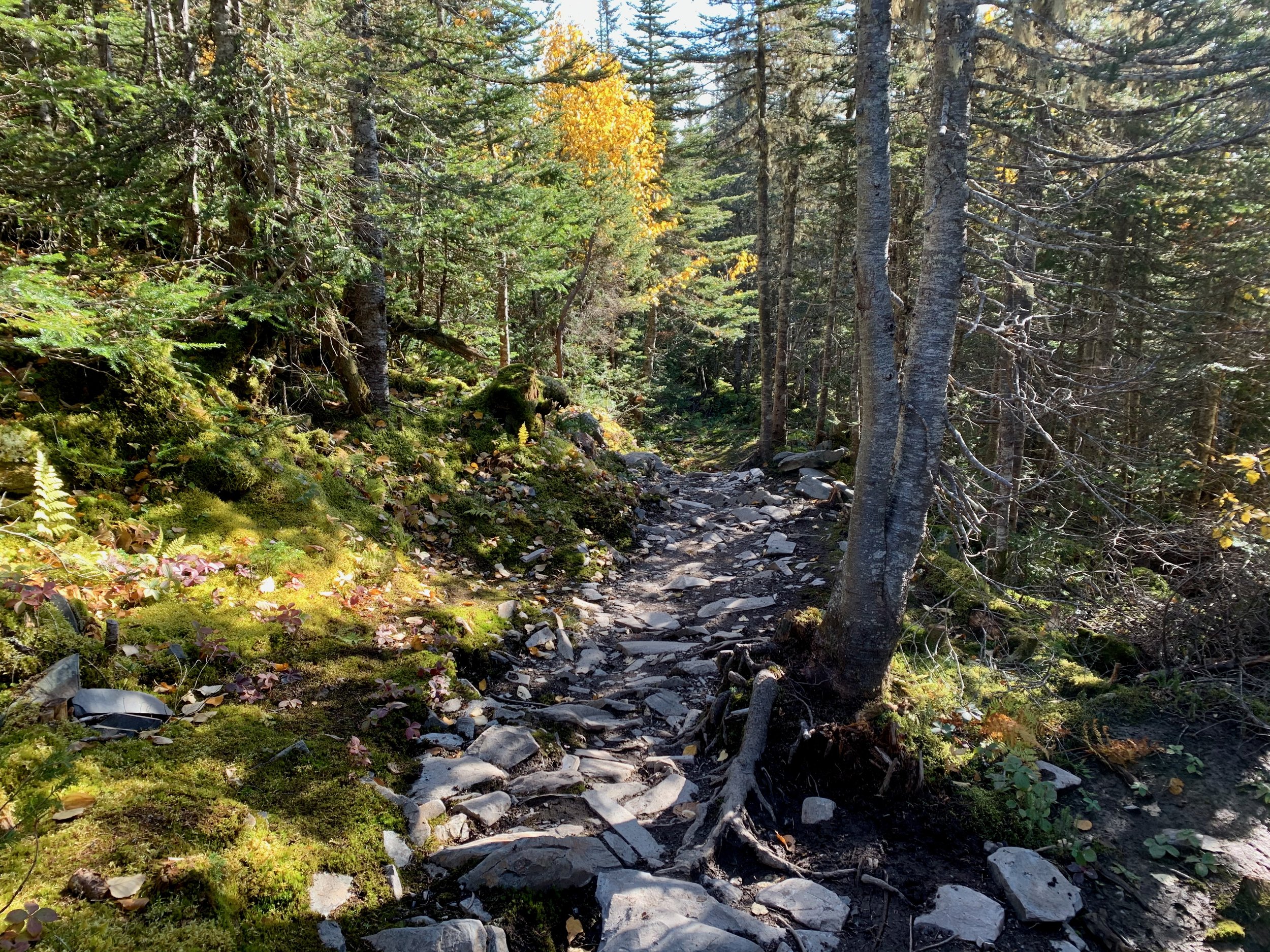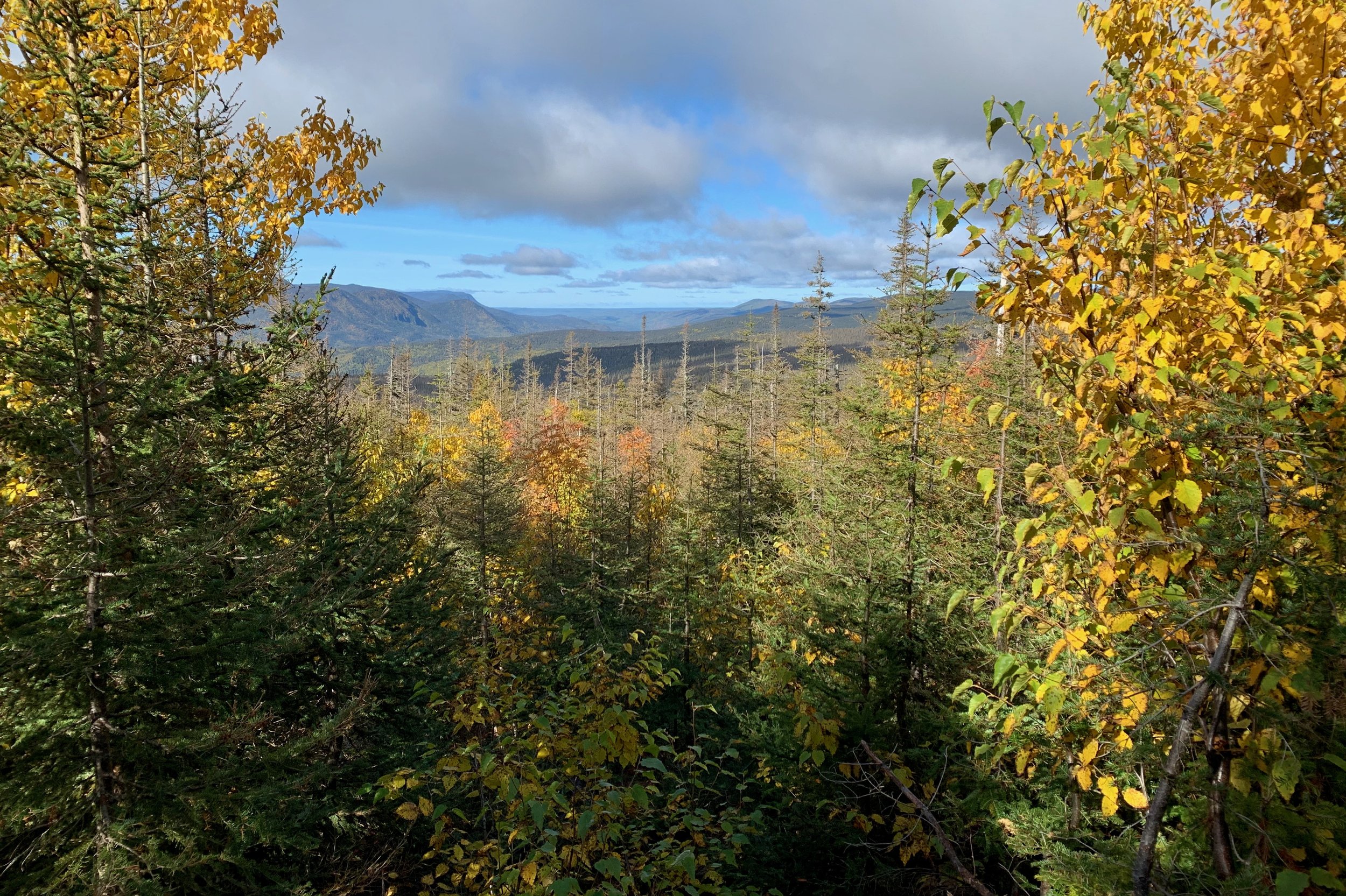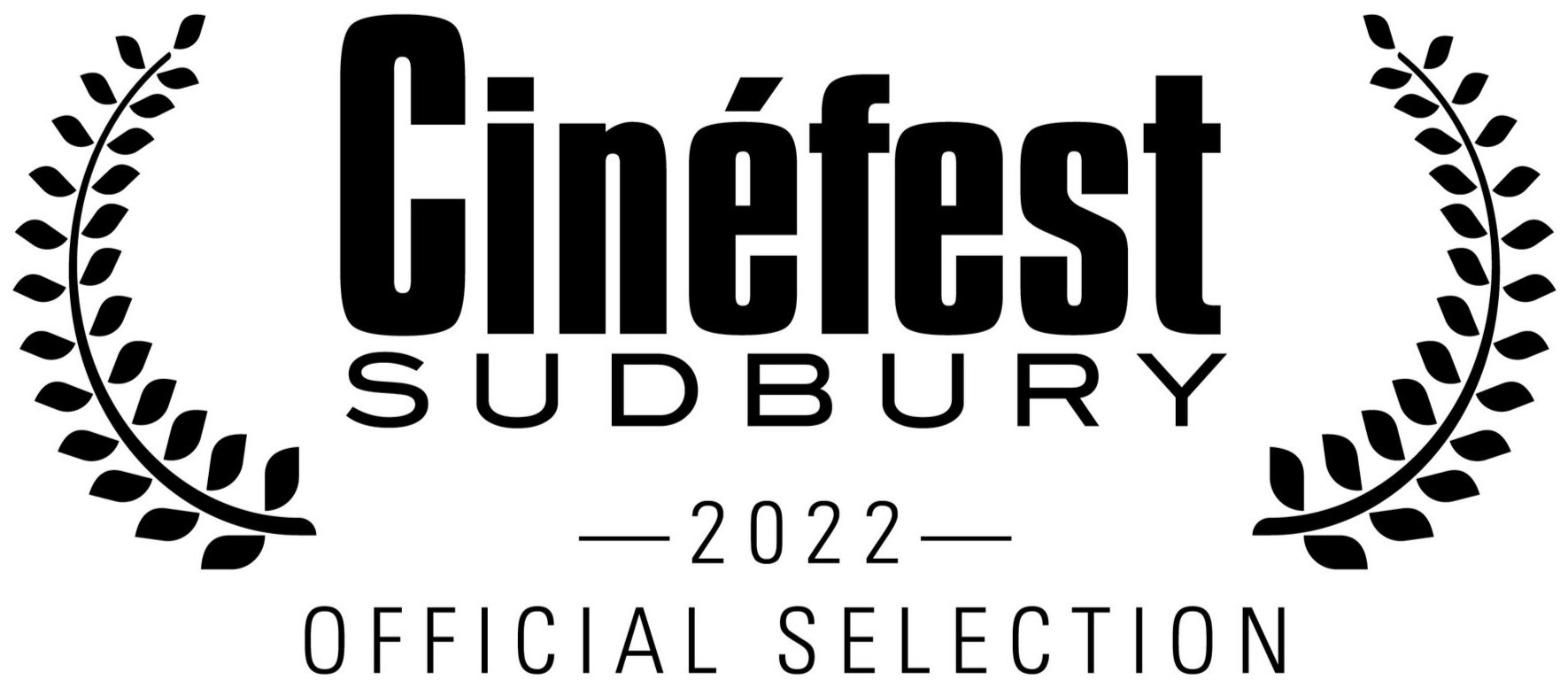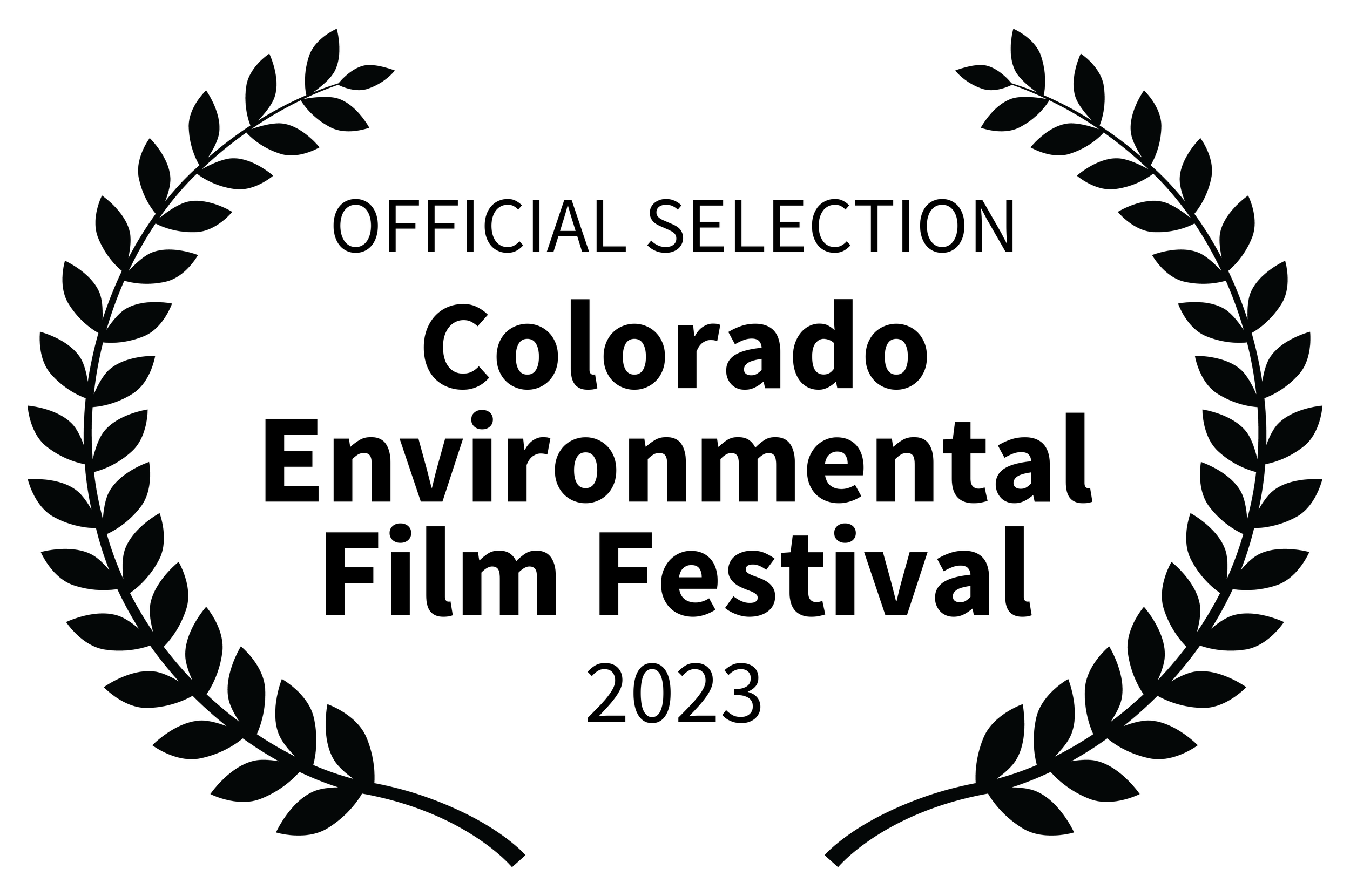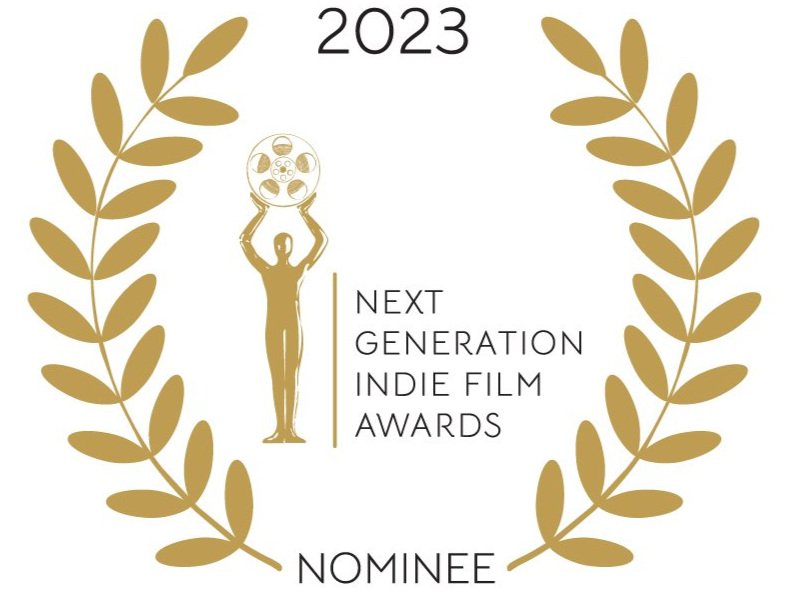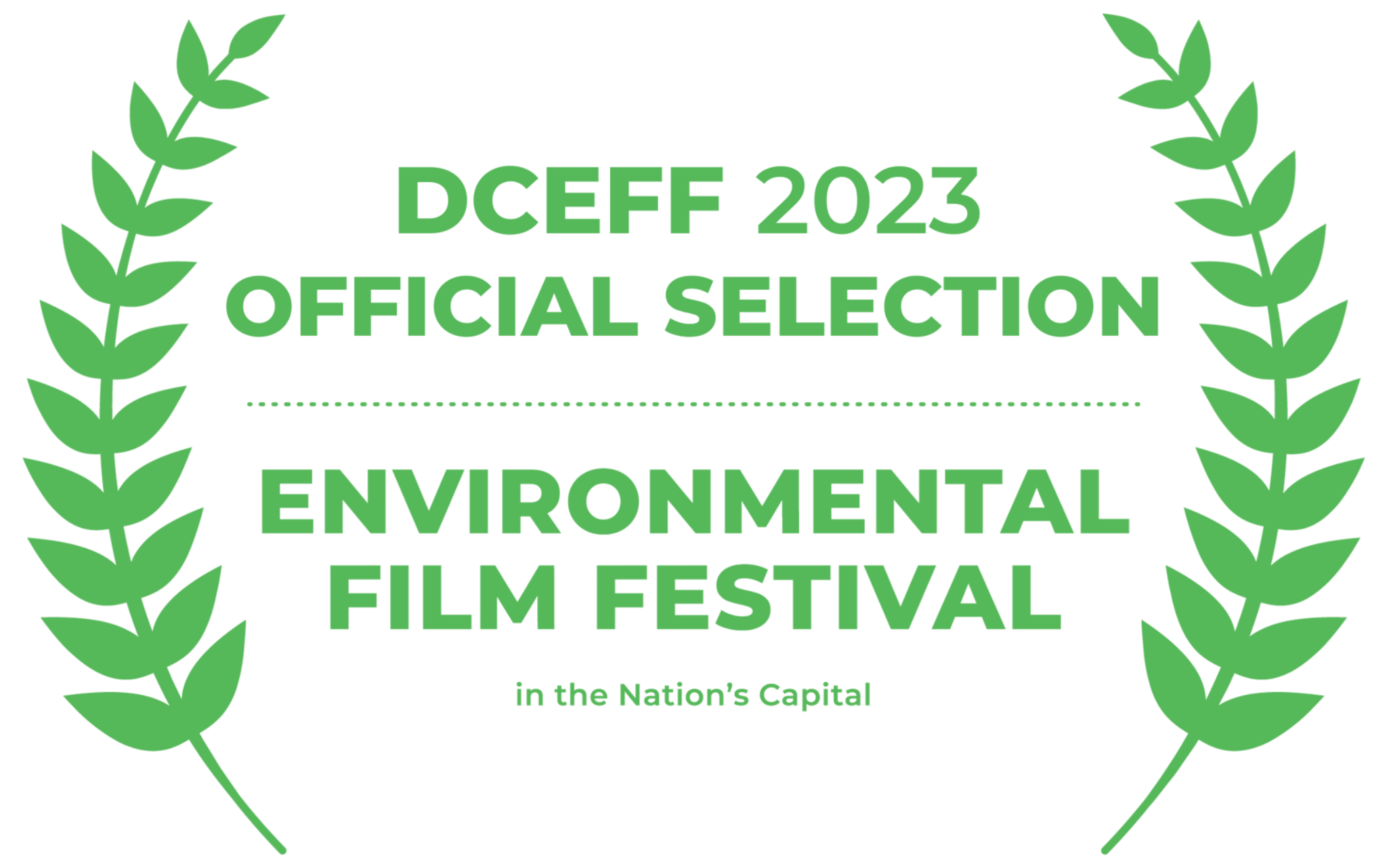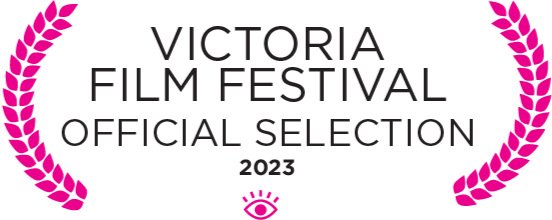CANADA | DOCUMENTAIRE | 6 ÉPISODES DE 52 MINUTES | 4K | ANGLAIS AVEC STF
Une série de 6 épisodes de Michael Zelniker
« Ce qu’on fait à la terre. C’est à nous qu’on le fait. »
Au bout du rouleau – une histoire d’amour boréale documente l'histoire peu connue et essentiellement non racontée de la forêt boréale, des Premières Nations qui y vivent et de sa coupe à blanc pour la fabrication du papier hygiénique. La protection de cette forêt est un impératif existentiel pour la survie de l'humanité.
Raconté avec les voix des aînés et des chefs des Premières Nations de la région boréale, de scientifiques et activistes réputés, Au bout du rouleau invite nos conteurs à parler avec franchise des problèmes auxquels nous sommes tous confrontés, et à démontrer que la solution réside dans la reconnaissance, le soutien des connaissances et de la gouvernance des communautés autochtones, qui sont enracinées dans un lien séculaire avec la forêt boréale et les arbres qu'elle abrite. Plus de 600 communautés issues des Premières Nations vivent de manière durable dans la région boréale depuis des milliers d'années.
La forêt boréale est essentielle à notre survie, car elle est la plus grande forêt encore intacte sur la planète Terre, elle stocke plus de carbone que tout autre paysage terrestre et elle contient la plus grande source d'eau douce avec ses innombrables lacs, rivières et zones humides. Elle est le principal habitat des oiseaux d'Amérique du Nord - environ 2 milliards d'oiseaux s'y nichent chaque année et jusqu'à 5 milliards migrent vers le sud à l'automne. Elle abrite des espèces emblématiques comme le caribou, l'ours, l'orignal et le loup, dont beaucoup sont en voie de disparition en raison d'une exploitation industrielle extractive sans entrave.
L'industrie forestière, principalement pour alimenter les entreprises américaines de produits de consommation, coupe à blanc les derniers paysages forestiers anciens et intacts pour que nous puissions nous essuyer les fesses avec du papier hygiénique toujours plus doux et plus coussiné.
Au bout du rouleau est raconté de manière puissante et émouvante par un groupe exceptionnel d'aînés et de leaders des Premières Nations, de scientifiques et de militants, dont la sénatrice Michèle Audette, la Dre Suzanne Simard (auteure de Finding the Mother Tree), feu l'aîné Dave Courchene (fondateur de Turtle Lodge), Valérie Courtois (Directrice exécutive de l'Initiative de leadership autochtone), et le Dr Nigel Roulet (Auteur des rapports du GIEC des Nations Unies), qui partagent leurs histoires, élevant leurs voix dans un cri unifié :
La forêt boréale doit être protégée et conservée.
Intentions du réalisateur
In April 2020 I became aware that large intact, old-growth forest landscapes across the Canadian boreal are being clear-cut for the manufacture of toilet paper. These existentially important forests, which we literally depend on for our very survival, are being cut down so we can wipe our bums with softer, more plush toilet paper. Is there a more obscene illustration of what's gone wrong?
Having grown up in Montreal, spending summers 100 miles north of the city on the southern edge of the boreal, feeling deeply bonded to these forests and trees, I felt compelled to learn more.
After countless hours of research, and dozens of hours on zoom, I came to believe that the little-known, largely untold story of the boreal must be told. Perhaps the most important insight I had was that any story about the boreal must place the Indigenous Peoples of the boreal front and center. It's home to more than 600 First Nations communities - lands and waters they've lived and thrived on for thousands of years.
Flying from my home in Los Angeles to Vancouver, during COVID, quarantining for 14 days, before embarking on a 42-day/12,000-mile journey, from coast to coast, meeting with more than 50 First Nations Elders and Leaders, prominent scientists and conservationists, all of who opened their hearts and shared their stories, ending up in a remote part of Northeastern Quebec at an Innu gathering, before returning to Los Angeles with 125 hours of interview, landscape and wildlife footage.
What began as a story about trees and toilet paper evolved and emerged into a much deeper story that takes us from trees to toilet paper to treaties, from carbon to climate change to caribou to colonization, from water to birds to Indigenous knowledge/stewardship to the way forward. The boreal is an epic landscape that demands a very large canvas.
THE ISSUE WITH TISSUE has transmuted from just another movie about eco-destruction into a critically relevant story about the horrifying impacts and legacies of colonization, the Indian Act, residential schools, and the other atrocities that the Original Peoples of Turtle Island have endured at the hands of settler governments and how all of it was done in the service of unfettered extractive industrial exploitation.
"What we do to the land, we do to ourselves." I have come to understand that the larger systemic issue we are going to have to confront and reconcile is the one of disconnection. Disconnection allows us to do things like colonization. Disconnection allows us to go into wild spaces, and exploit the resources, without any care or concern for how we're impacting the rest of creation. Disconnection allows us to throw away our children's future, in service of satiating selfish, greedy, temporal needs.
As Elder Dave Porter says, "when we're in a forest, among the trees, we're with our ancestors, our Elder relatives. The trees are talking to us, telling stories of life. The question is, are we listening?” Through the process of photosynthesis, trees breathe out oxygen, and we breathe in that oxygen. We exhale carbon dioxide, trees inhale that carbon dioxide. Can there be a more mutually beneficial relationship? Were it not for these forests and trees, we wouldn't be here - our very survival depends on trees and plants.
Dr. Suzanne Simard, in "Finding the Mother Tree", speaks of her decades-long research into the subterranean, mycorrhizal networks that exist in forests, that these collaborative, cooperative, mutually supportive relationships between the trees, the fungi, the mosses and plants are what have allowed forests and trees to strive and thrive for millions of years. Trees have been on Planet Earth much longer than we humans, surely they have something to teach us about longevity and sustainability.
Perhaps the trees and our Elder Ancestors are talking to us, perhaps they are guiding us to understand: The way forward is not through survival of the fittest and competition to death but through cooperative, symbiotic, mutually supportive relationships. As Elder AJ Felix says, "let's be family again, let’s be relations again, let’s love each other because when we love, we respect and we look after each other.”
This theme of interconnectivity ties all the elements together encouraging us to realize, we are all connected, and we are all family. As Joni Mitchell says in her iconic song, "Woodstock" which we adapted for the closing of our documentary, "we are star stuff, billion-year-old carbon". We are all made up of the same elemental DNA, the same primordial soup that those who call Planet Earth home, literally have emerged from. In fact, we are all related, we are all family, and we do all come from the same stuff, the same Mother Earth.
And the sooner we embrace and embody this ideal, the sooner we are going to find our way out of the existential crises that we have created, that confront us today, threatening human survival and the survivability of the rest of creation that we share Planet Earth with.
Michael Zelniker / Scénariste, réalisateur et producteur
Having starred in more than 20 feature films and on television countless times, Zelniker is perhaps best known for his portrayal of trumpeter Red Rodney in Clint Eastwood’s award winning bio-pic BIRD; and for his Canadian Academy Award (Genie Award) winning performance in THE TERRY FOX STORY, with Robert Duvall.
Zelniker was born and raised in Montreal where he received his professional training as an actor at Dawson College’s Dome Theatre School. After graduating, he began working in theaters all across Canada doing everything from Shakespeare to David Mamet, appearing in numerous Equity productions, including AMADEUS, HENRY V, MOTHER COURAGE, TOTAL ECLIPSE and AMERICAN BUFFALO. During this period, he also co-starred in several award winning feature films including TICKET TO HEAVEN, HEARTACHES and THE TERRY FOX STORY.
Since moving to Los Angeles, Zelniker has worked extensively in both movies and television including co-starring with Peter Weller in David Cronenberg's NAKED LUNCH; QUEENS LOGIC with John Malkovich and Kevin Bacon; TOUCH AND GO with Michael Keaton; and BIRD with Forest Whitaker. Some notable television movies include the Showtime mini-series THE NEON EMPIRE; Masterpiece Theatre's GLORY ENOUGH FOR ALL for PBS; and the ABC mini-series CROSSINGS with Christopher Plummer. Zelniker guest starred numerous times on series such as THE DEAD ZONE, CHICAGO HOPE, MILLENNIUM, PROFILER, THE INSIDE, STRONG MEDICINE, VERITAS THE QUEST, FOR THE PEOPLE, IN THE HEAT OF THE NIGHT and MURDER SHE WROTE.
Zelniker starred in a number of independent films including, SNIDE AND PREJUDICE, directed by Philippe Mora; AIR TIME, directed by Gary Fleder that premiered at the Sundance Film Festival; and the Sundance Lab developed feature, AFTER IMAGE.
Zelniker’s theater directing credits include the critically acclaimed CHILD’S PLAY, at the John Anson Ford Theatre, the sketch comedy show, WHITE HOUSE CHICKS at the HBO Workspace, MOONCHILDREN and WAITING FOR LEFTY at the Lillian Theater, and ONE LOVE and LOVE AND DEATH AND OTHER TRIVIAL MATTERS at the Artworks.
As a filmmaker, Zelniker co-wrote, produced, and played the title character in the critically acclaimed, multi-festival award winning feature, STUART BLISS. He also directed, co-wrote and produced the experimental feature, FALLING... that premiered at Indie Fest USA International Film Festival, winning their Best of Festival Award.
Zelniker taught Acting for Film, Chekhov Technique and Performing Shakespeare at the Los Angeles campus of the New York Film Academy between 2013 and 2018 after working at AMDA for nine years where he taught Acting for the Camera, Acting Technique and Playing Shakespeare. Zelniker is a member of the Climate Reality Project Leadership Corps, (Vice President Al Gore's organization), serving as the Co-Chair of the Los Angeles Chapter from 2018 - 2021 and as a mentor at numerous climate leader trainings.
THE ISSUE WITH TISSUE marks Zelniker's first foray into documentary filmmaking.
Avec la participation de
Senator Michèle Audette · Innu First Nation
Suzanne Simard - Professor, University of British Columbia (Finding the Mother Tree)
Valérie Courtois · Innu First Nation, Director Indigenous Leadership Initiative
Elder Dave Courchene · Anishinaabe First Nation
Elder AJ Felix · Sturgeon Lake First Nation
Nigel Roulet - Professor & Chair, McGill University
Dave Porter · Kaska First Nation
Allen Edzerza · Tahltan First Nation
Jeff Wells - Vice President, Boreal Conservation National Audubon Society
Nancy Turner - Distinguished Professor Emeritus, University of Victoria
Melody Lepine · Mikisew Cree First Nation
Nicole Rycroft - Executive Director Canopy
Todd Paglia - Executive Director stand.earth
Martin-Hugues St-Laurent - Professor Animal Ecology, University of Quebec at Rimouski
Chief Darrell Bob · St’at’imc Nation
Chief Keeter Corston · Chapleau Cree First Nation
Janet Sumner - Executive Director Wildlands League
Anna Baggio - Conservation Director Wildlands League
David Flood · Matachewan First Nation
le réalisateur remercie chaleureusement les organismes suivants pour leur soutien continu
Les aînés, les leaders et les communautés des Premières Nations d'un bout à l'autre de la région boréale
– ET –
National Audubon Society
Wildlands League
WCS Canada
Natural Resources Defense Council (NRDC)
Climate Reality Project Canada
Greenpeace Canada
Greenpeace USA
Canopy
stand.earth
Citizens' Climate Lobby
David Suzuki Foundation

